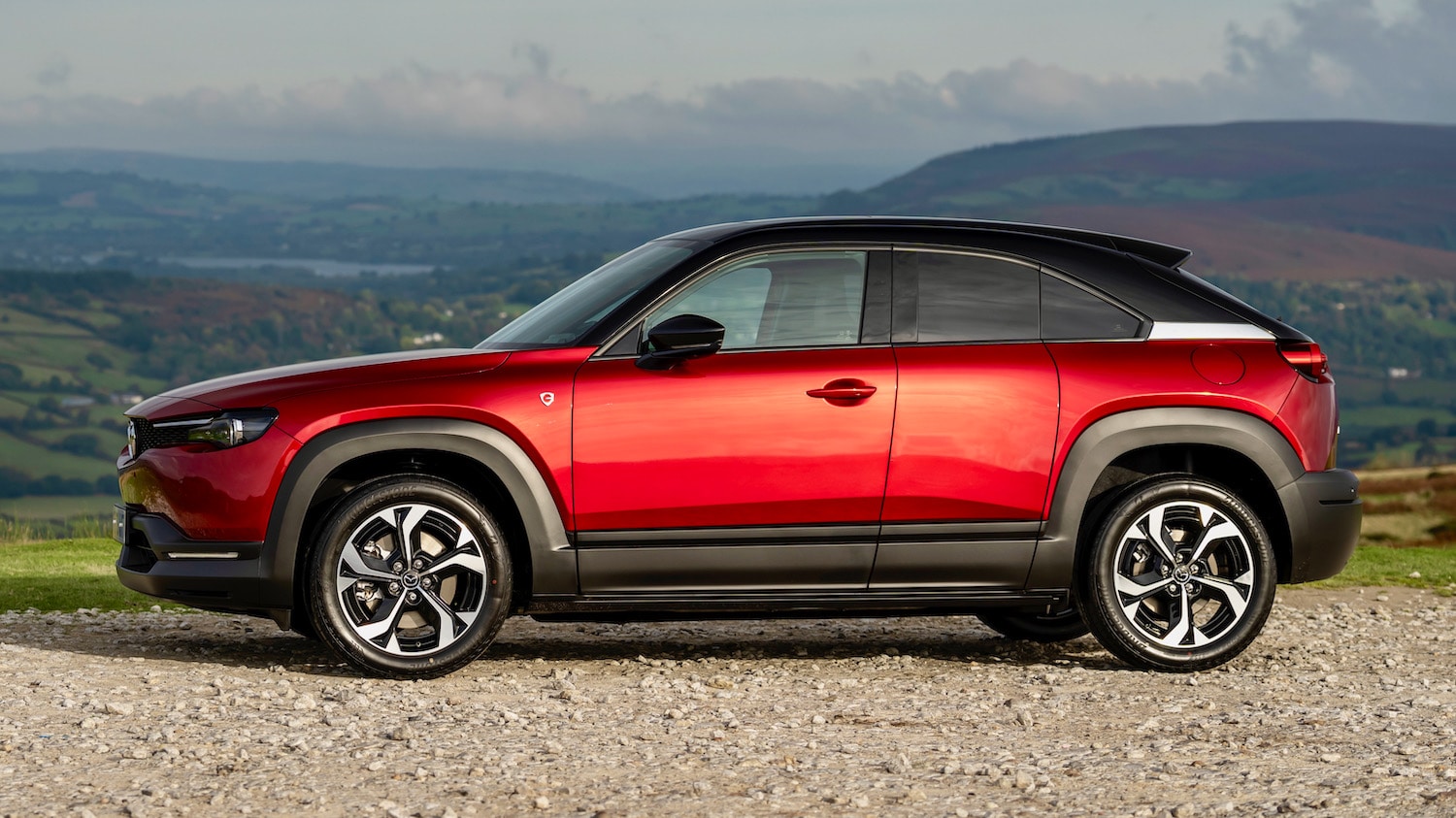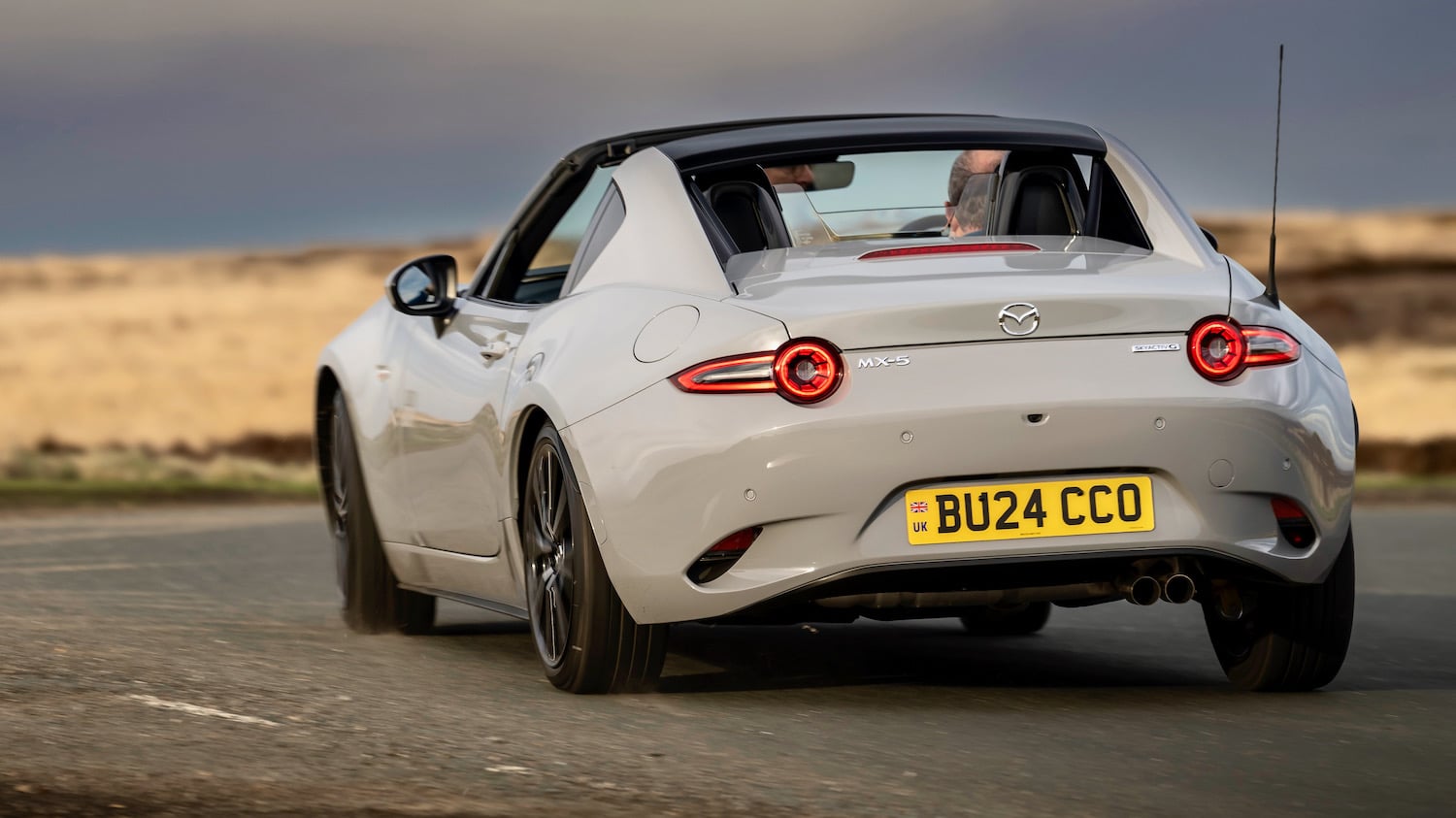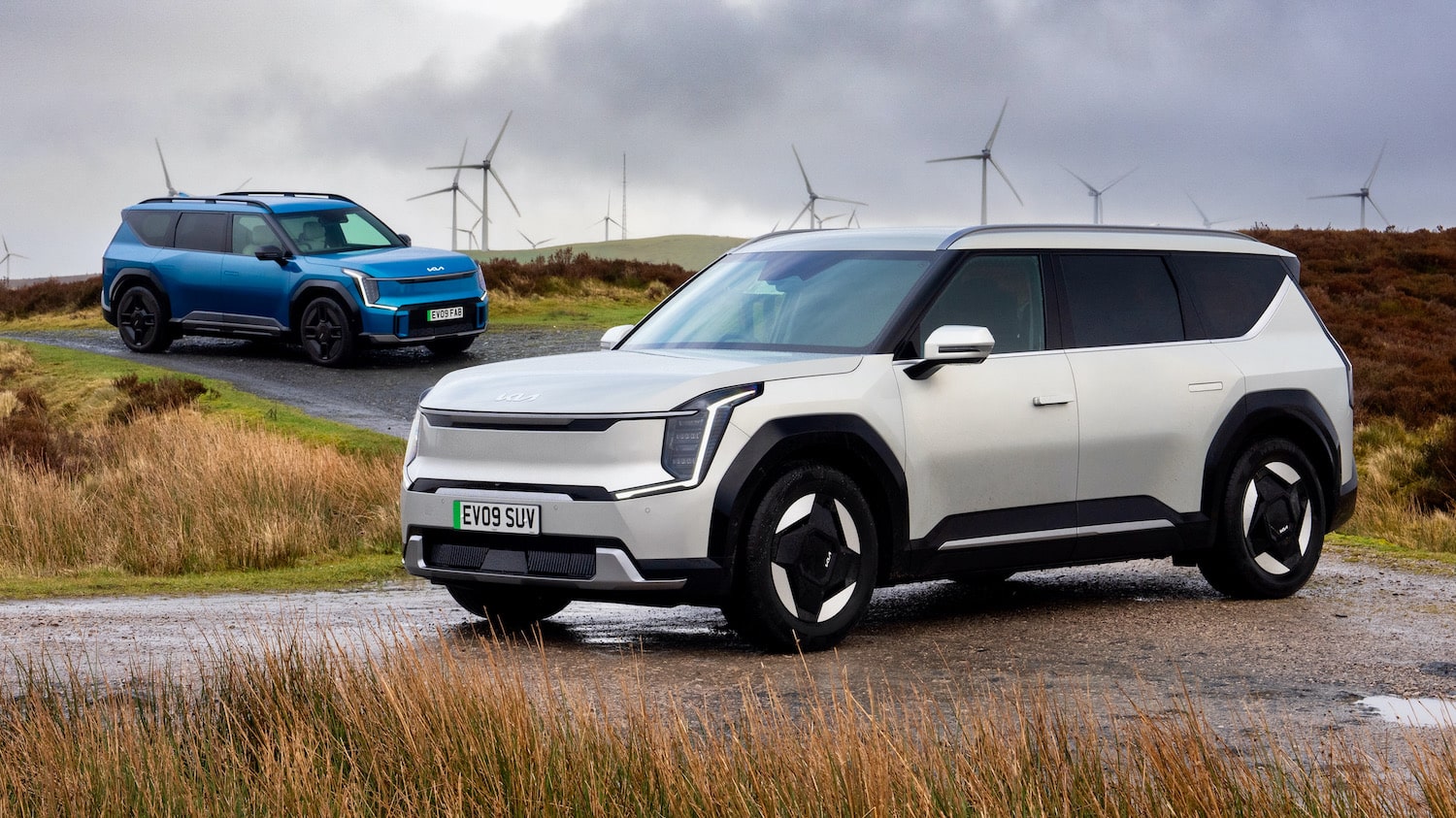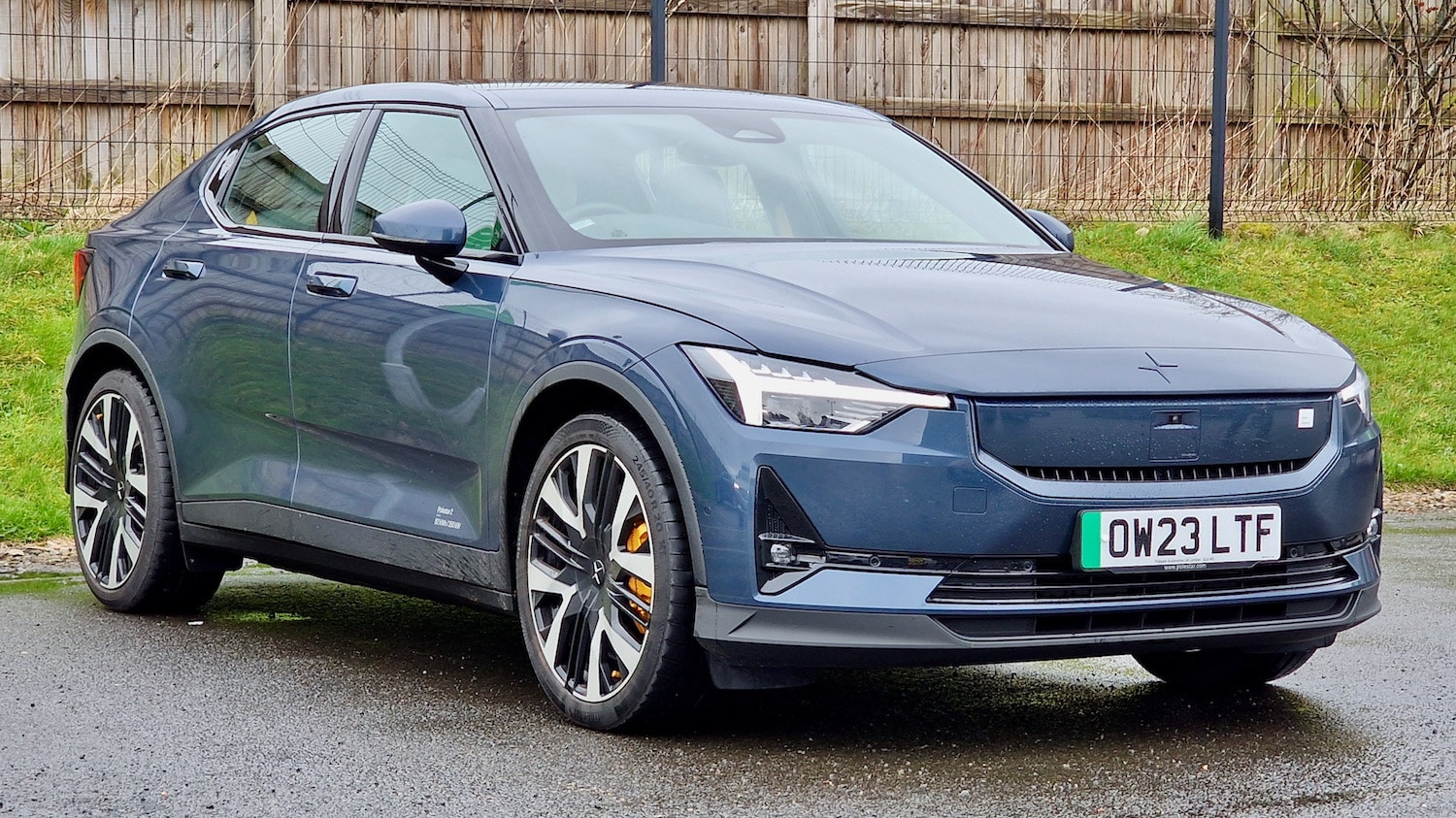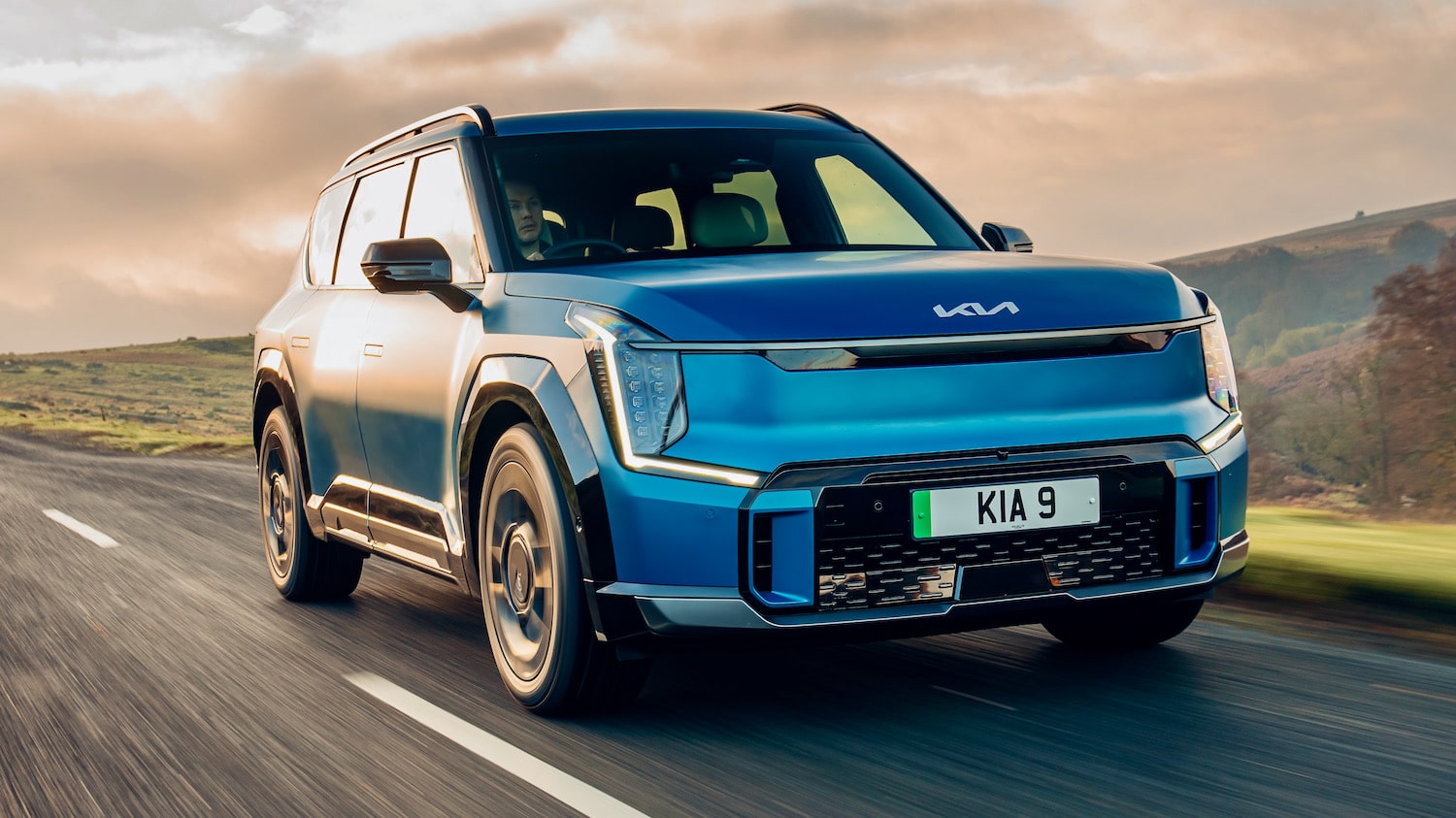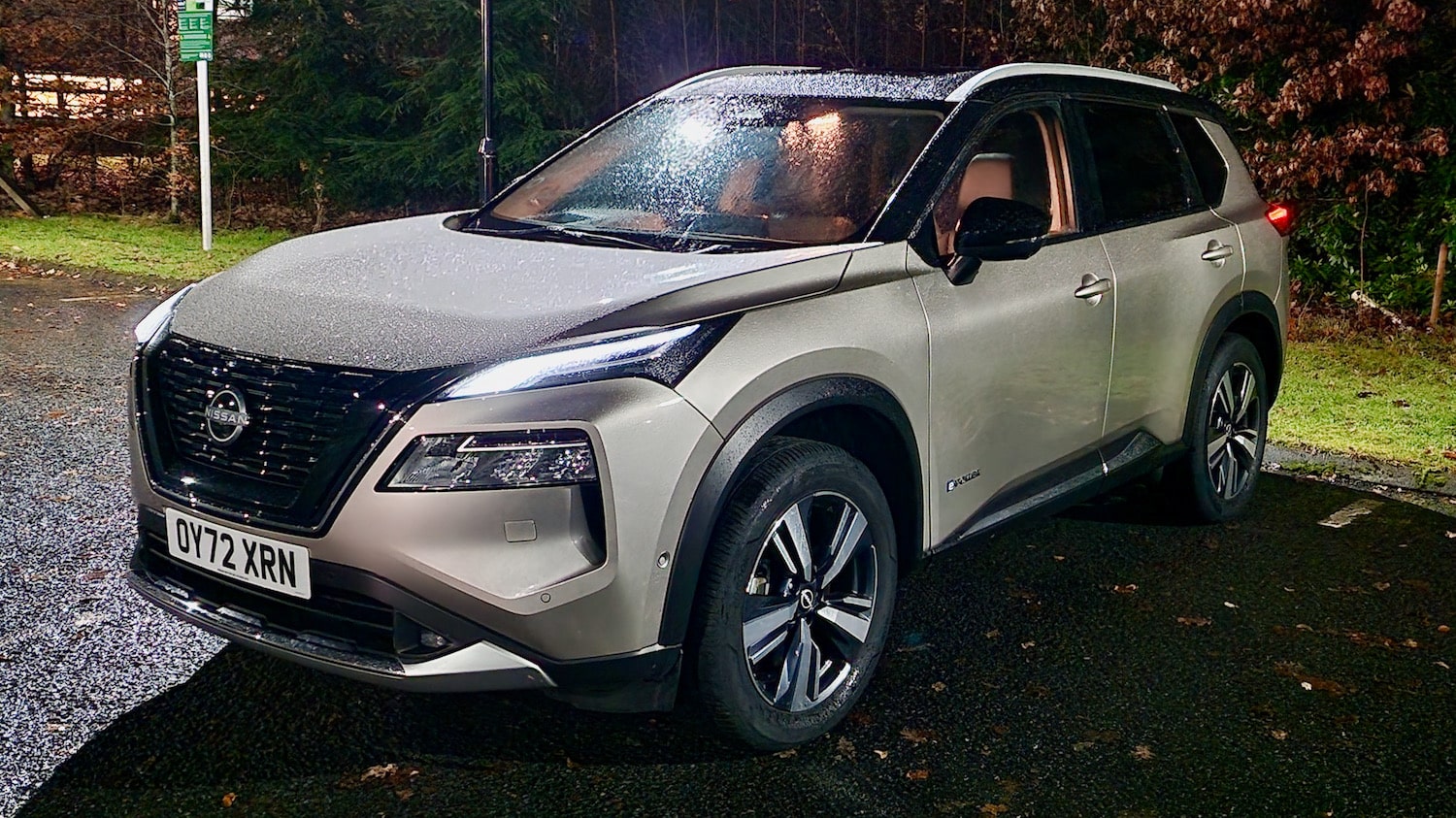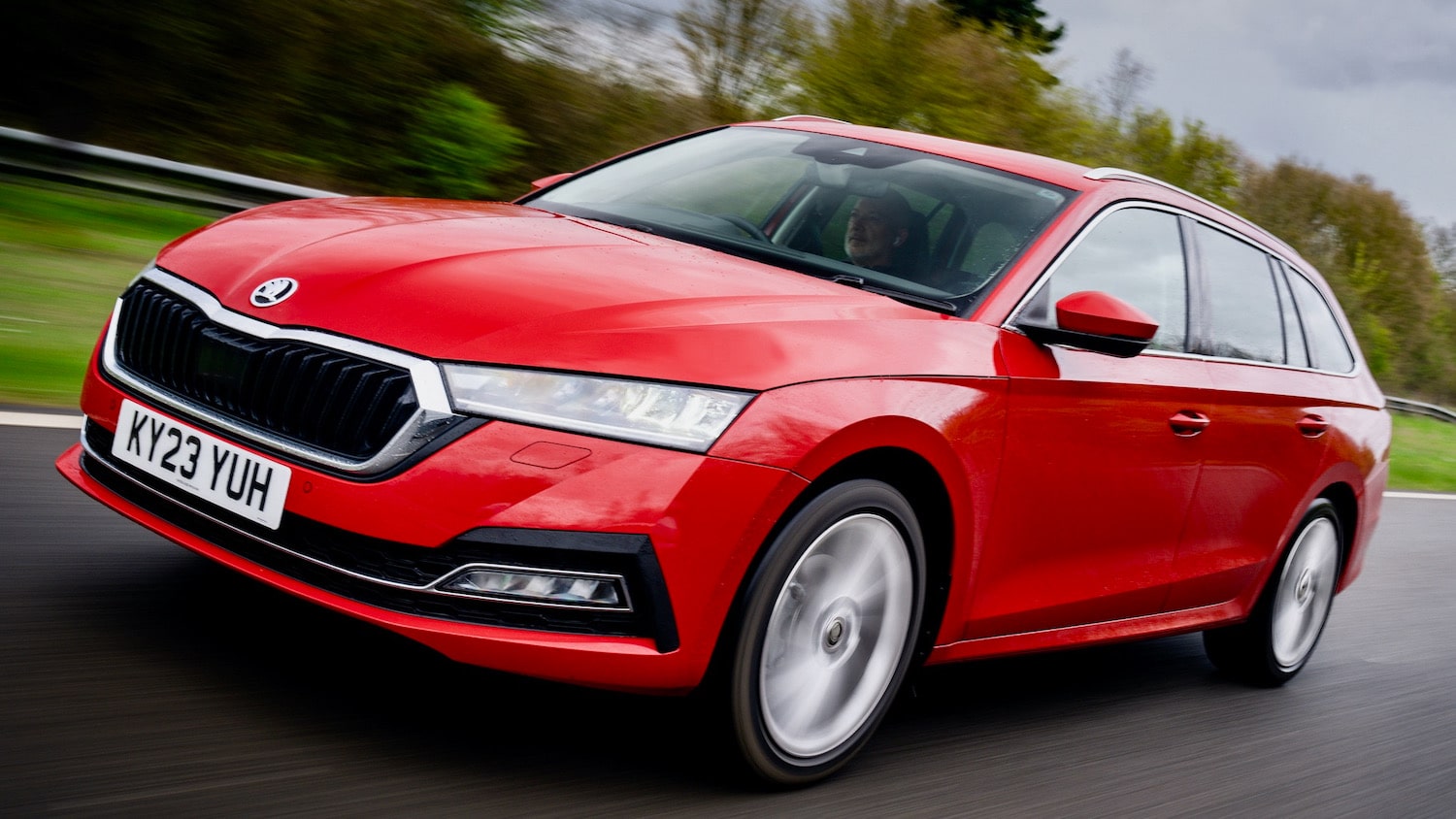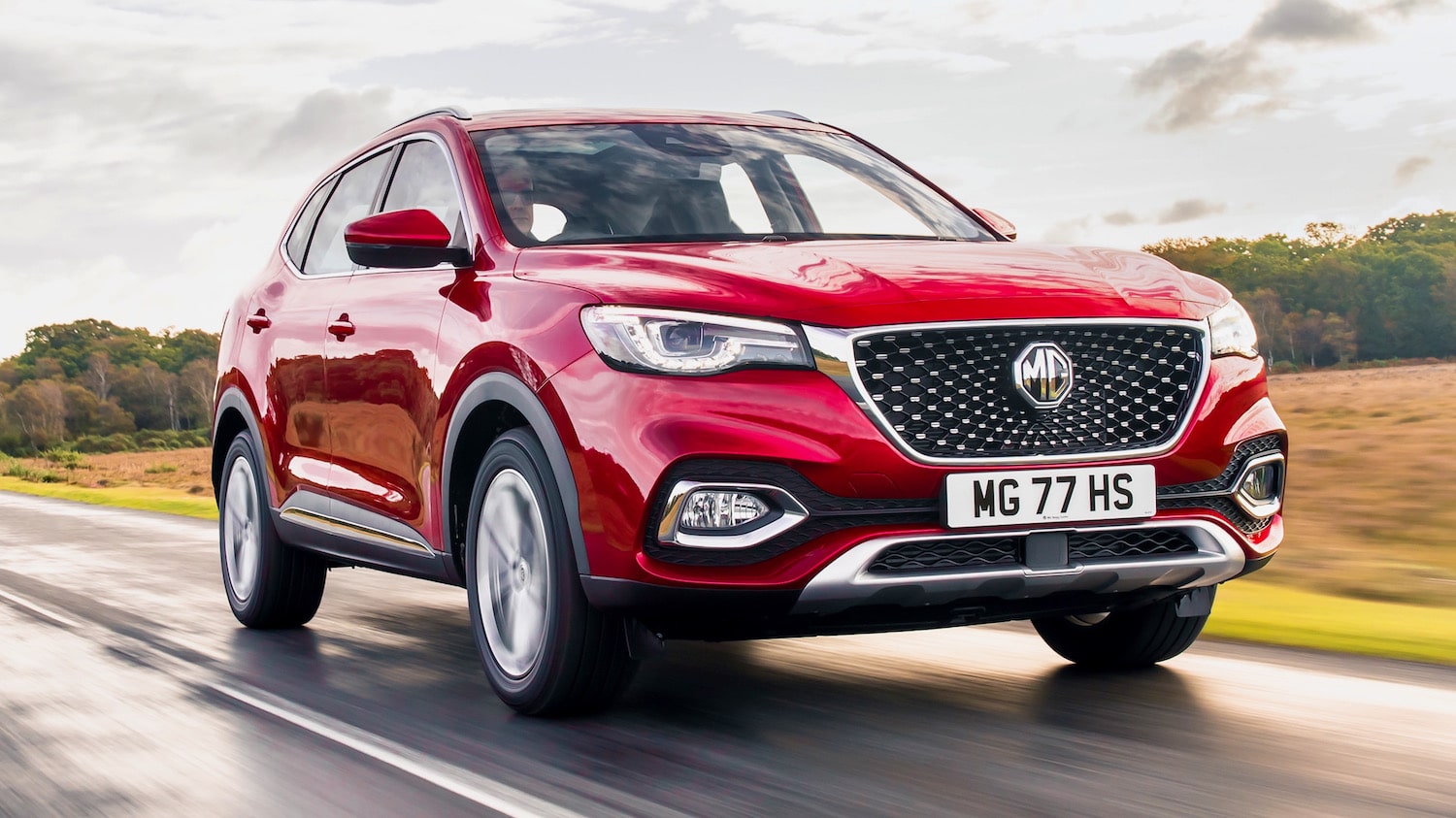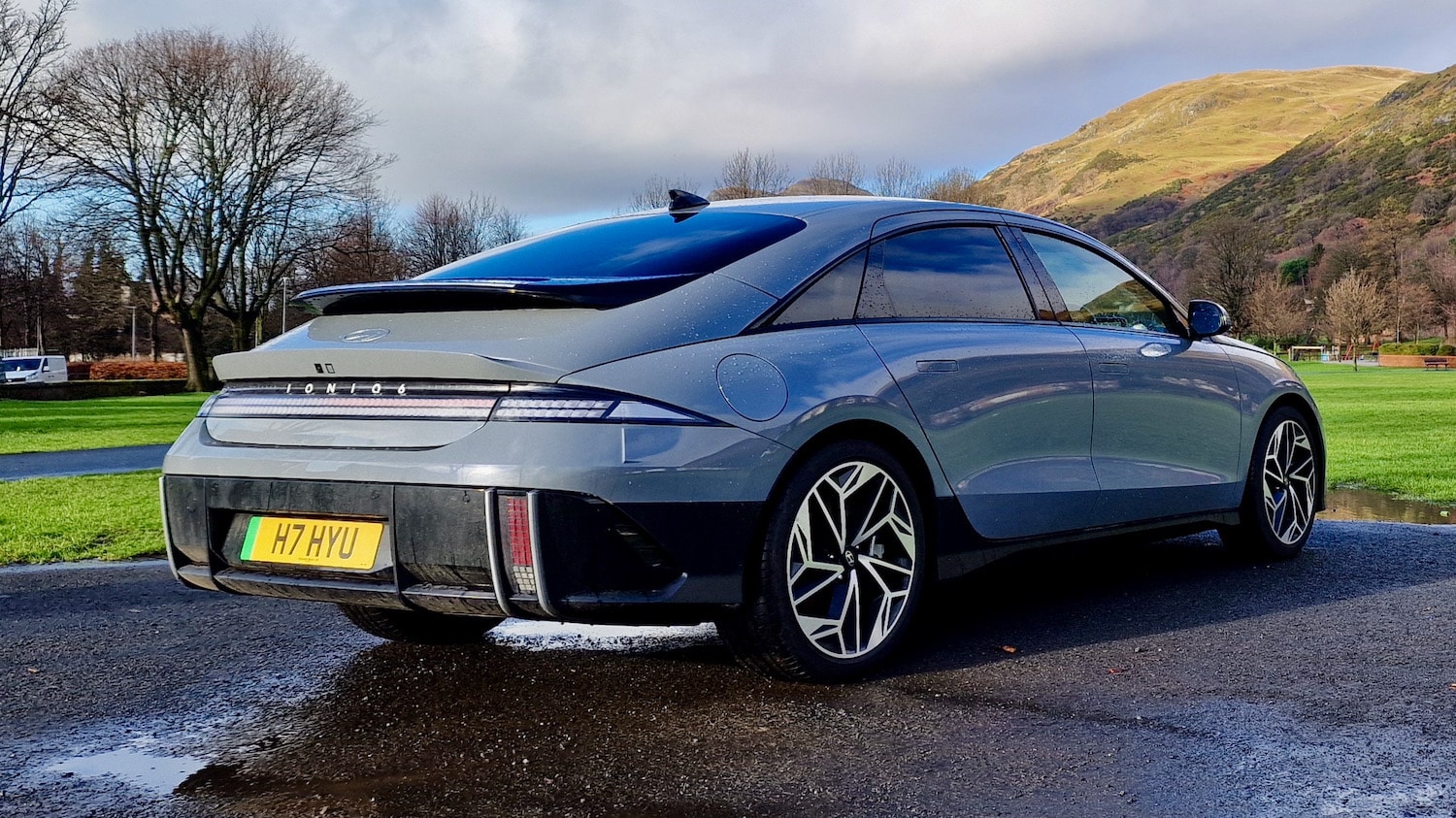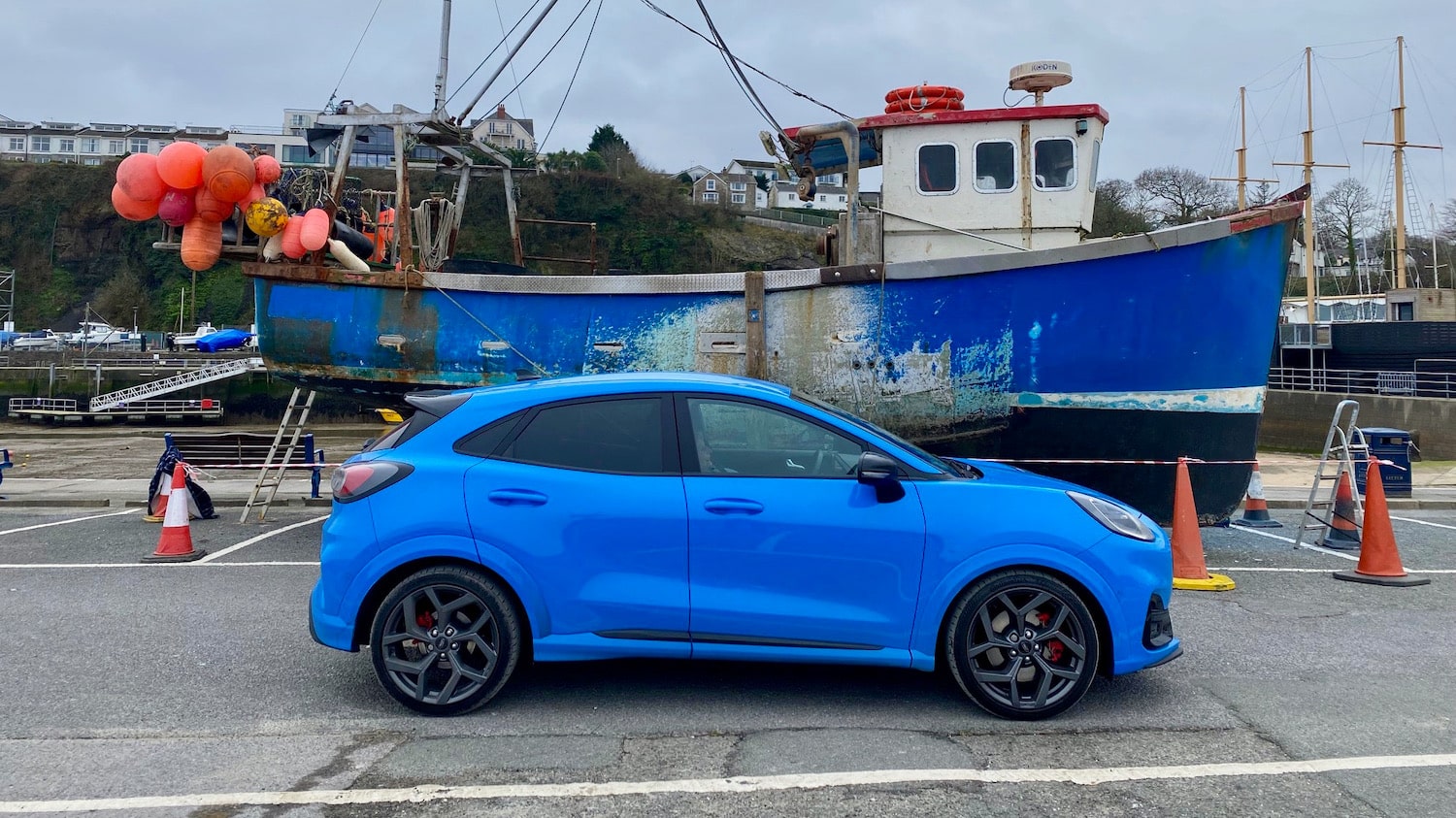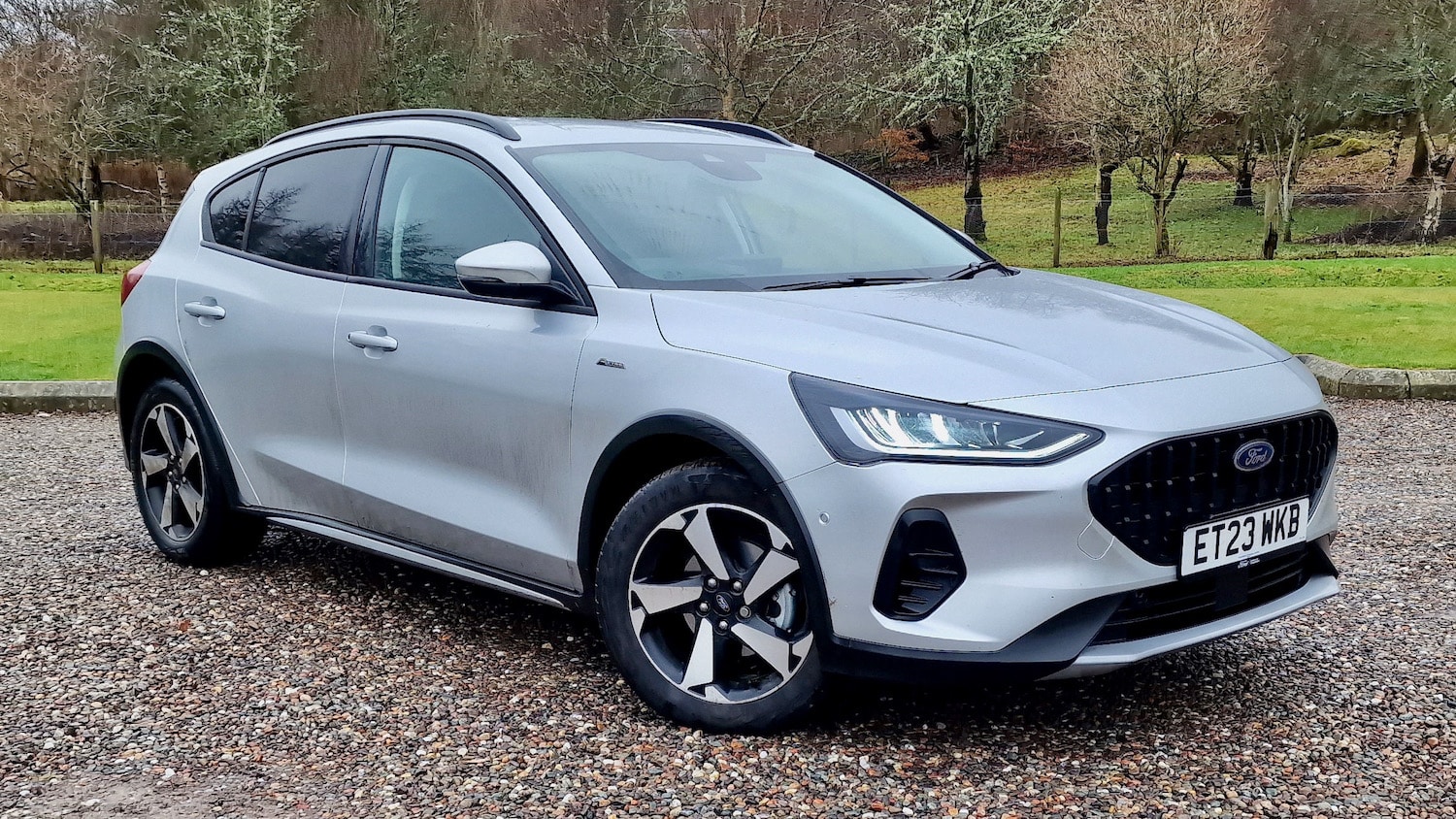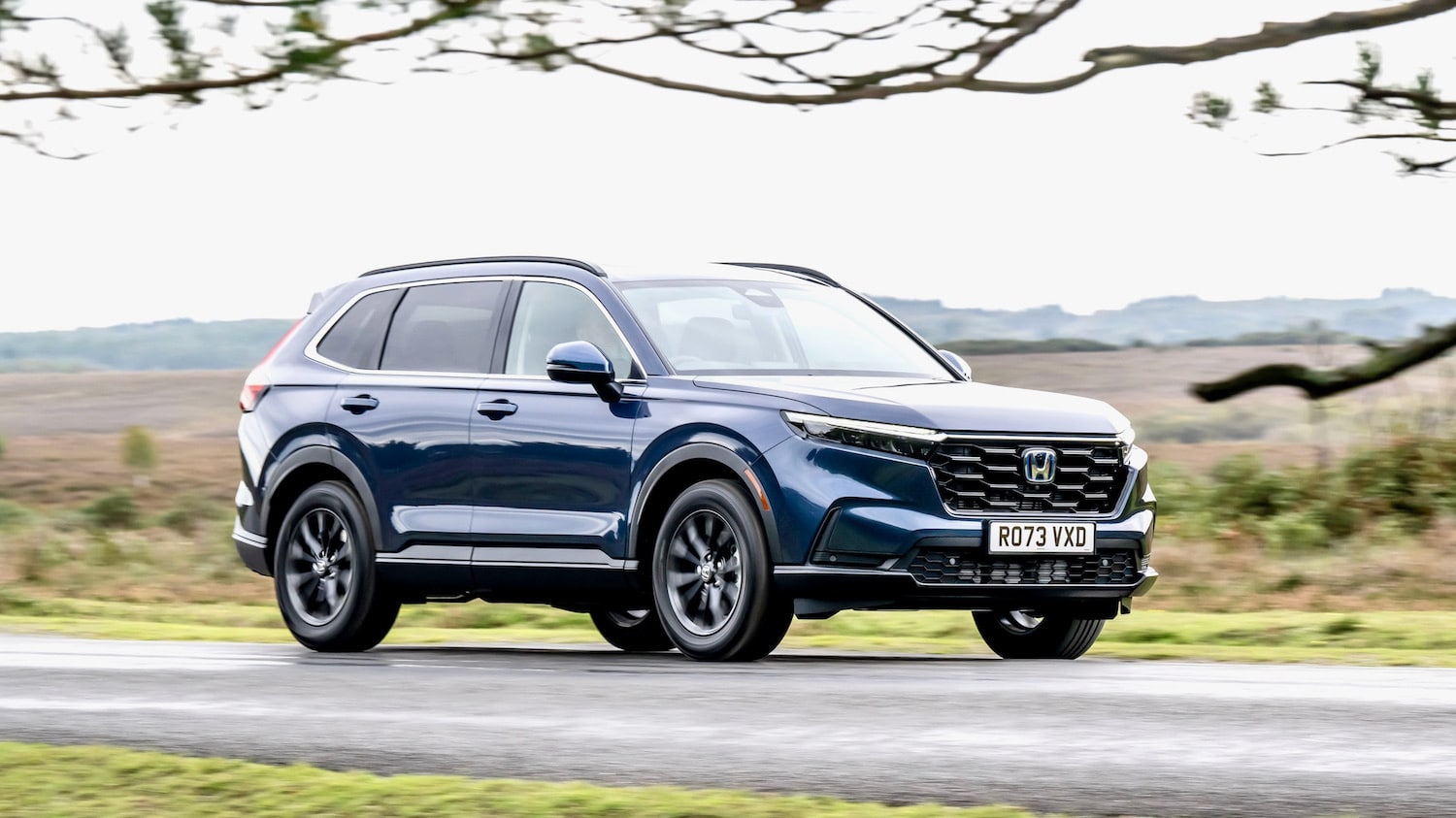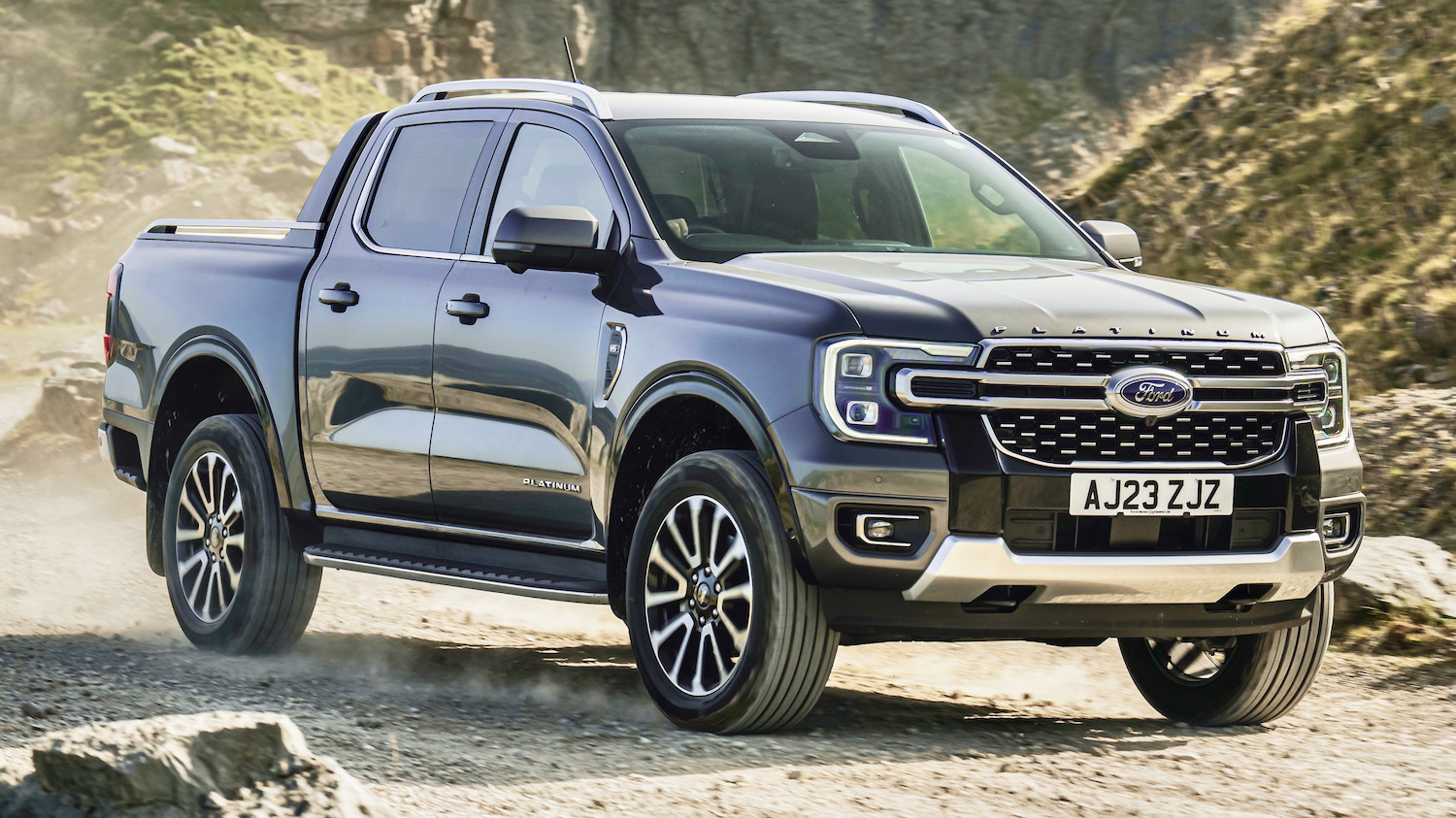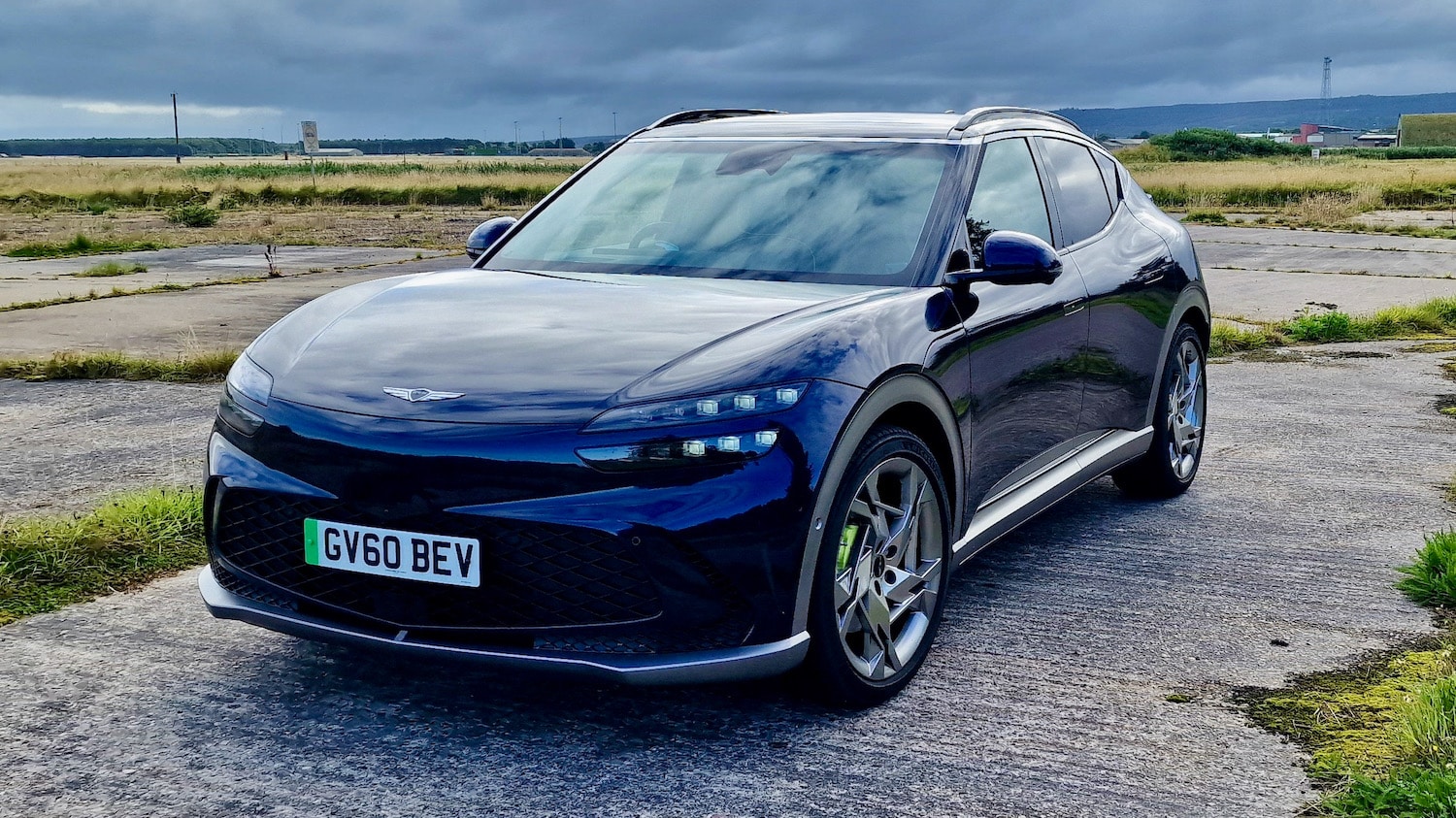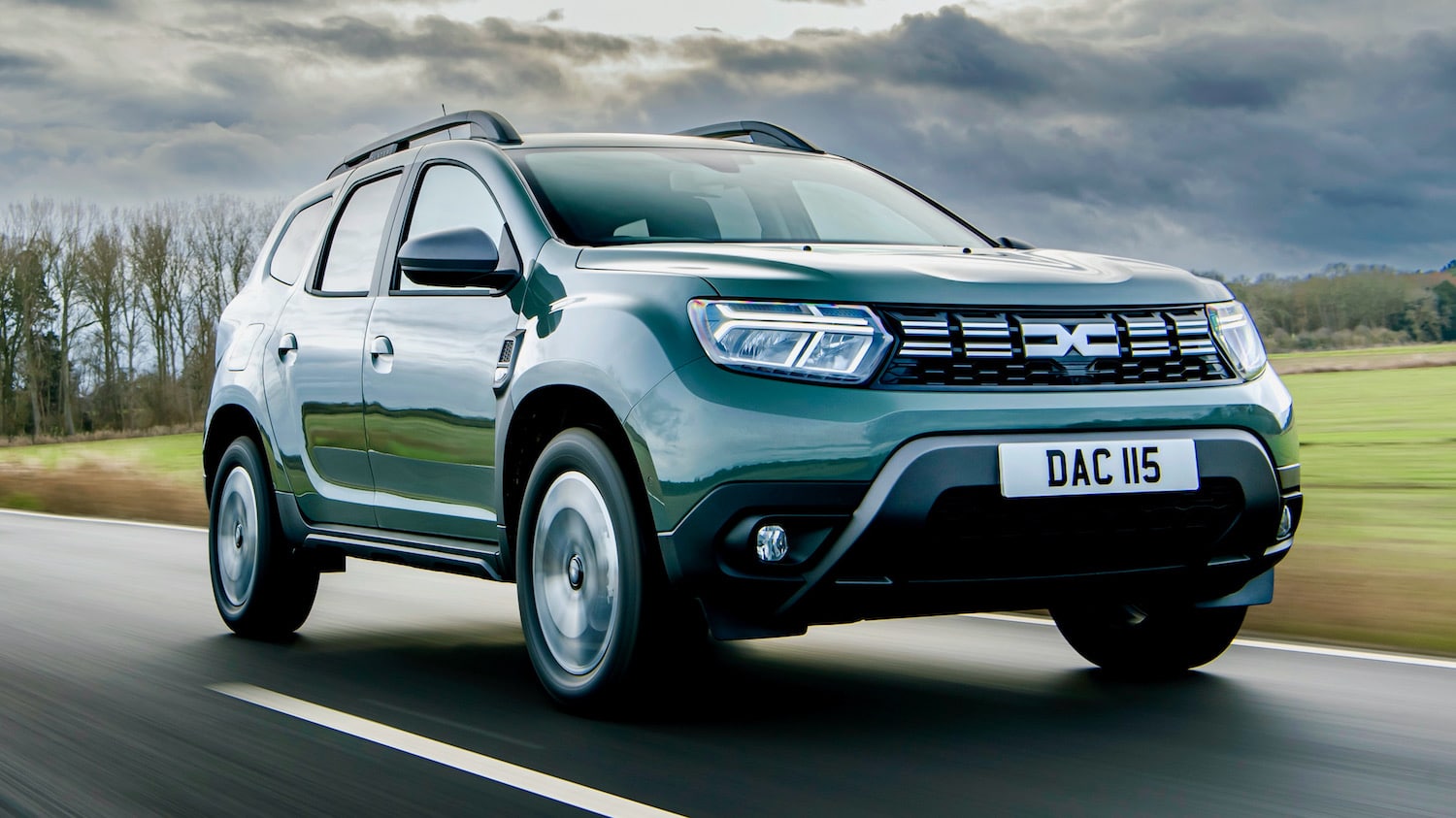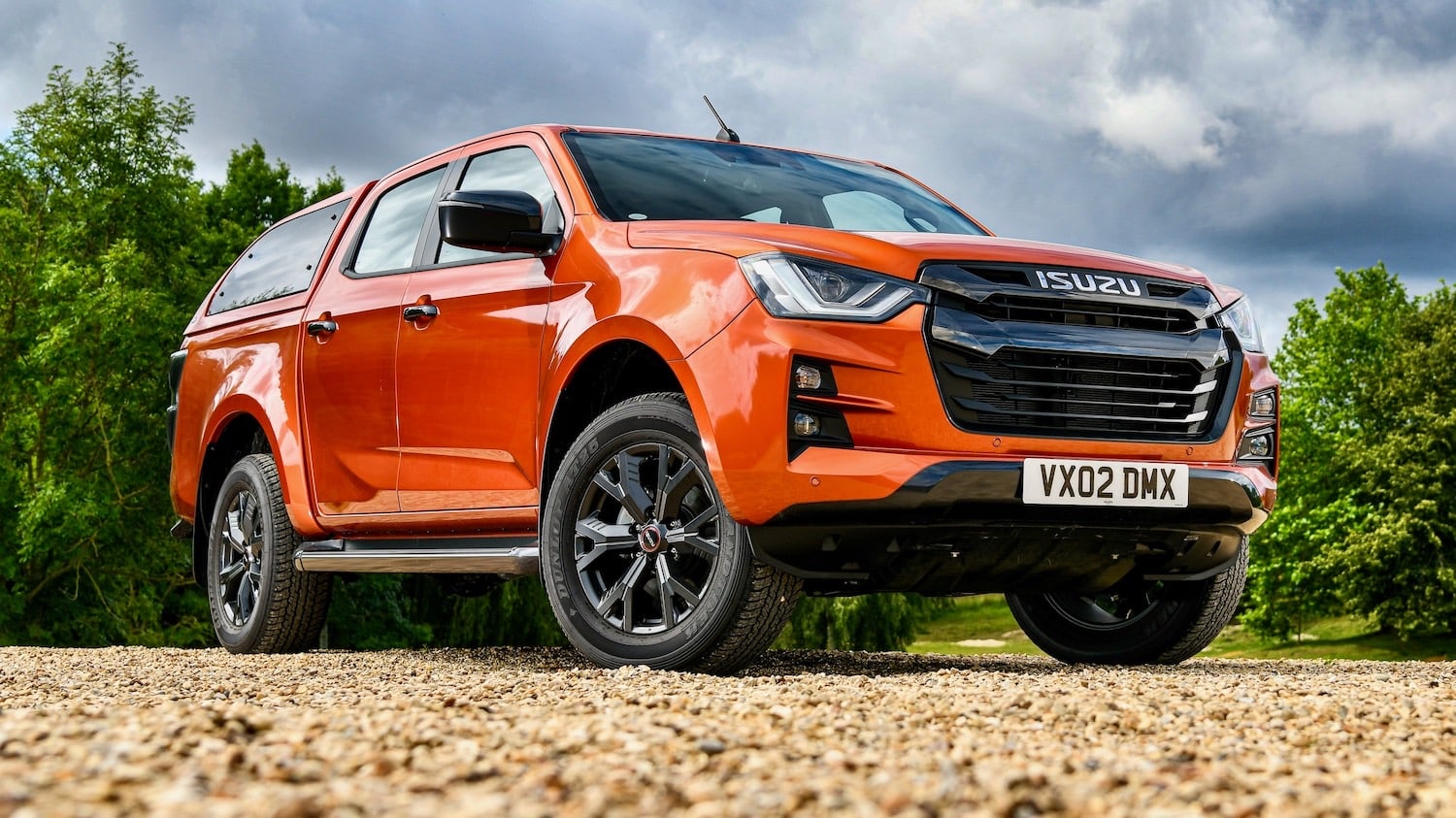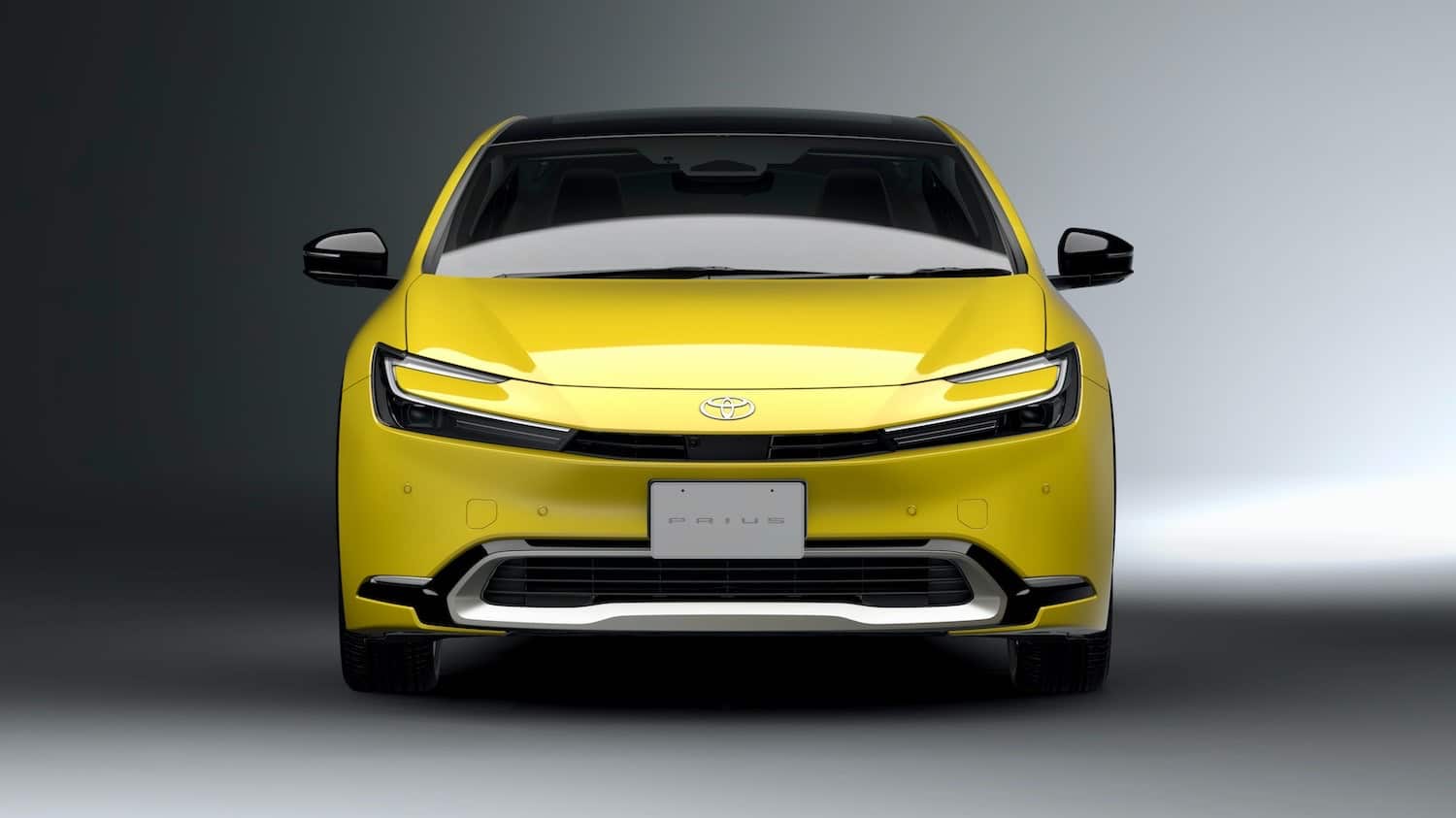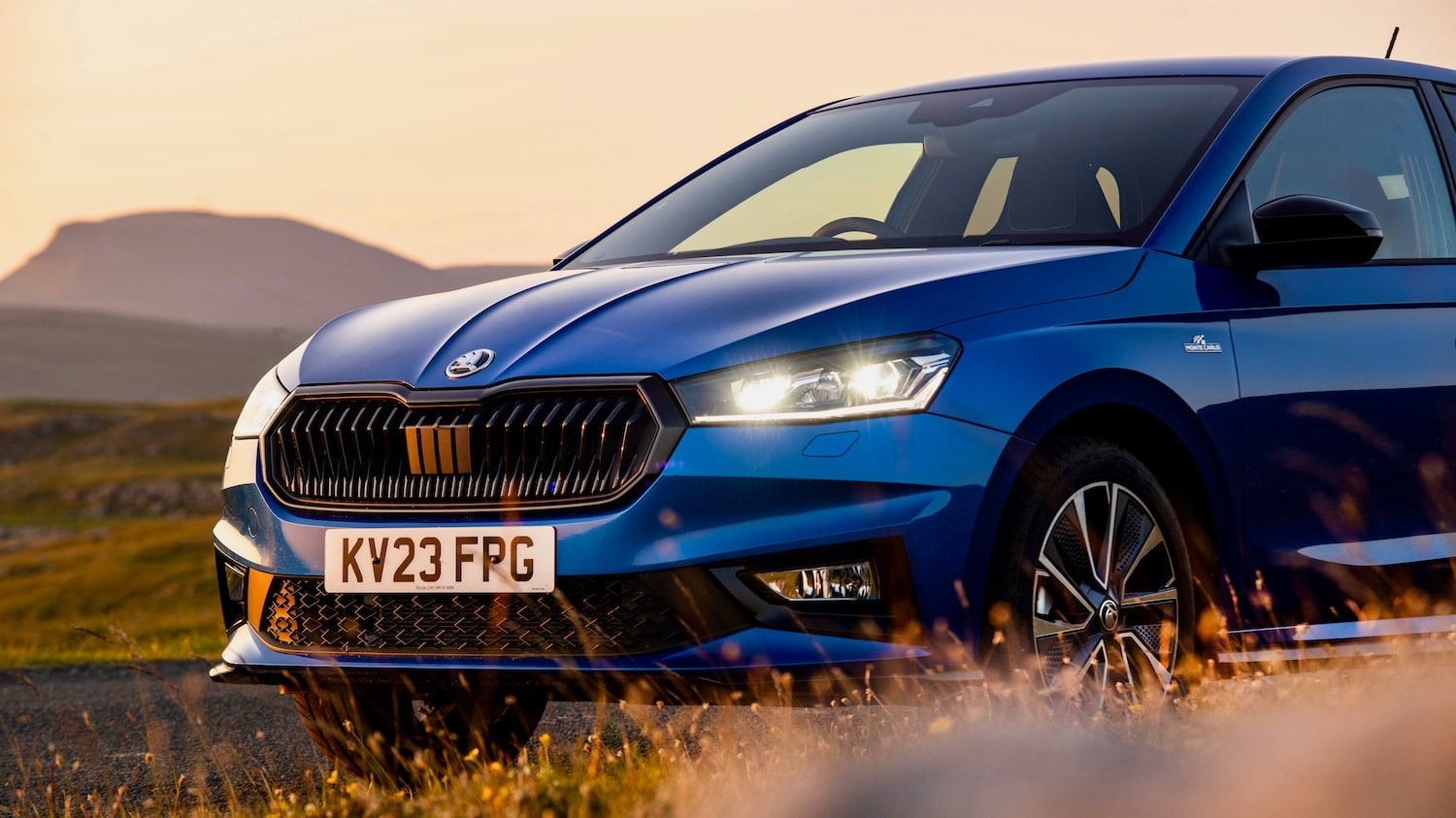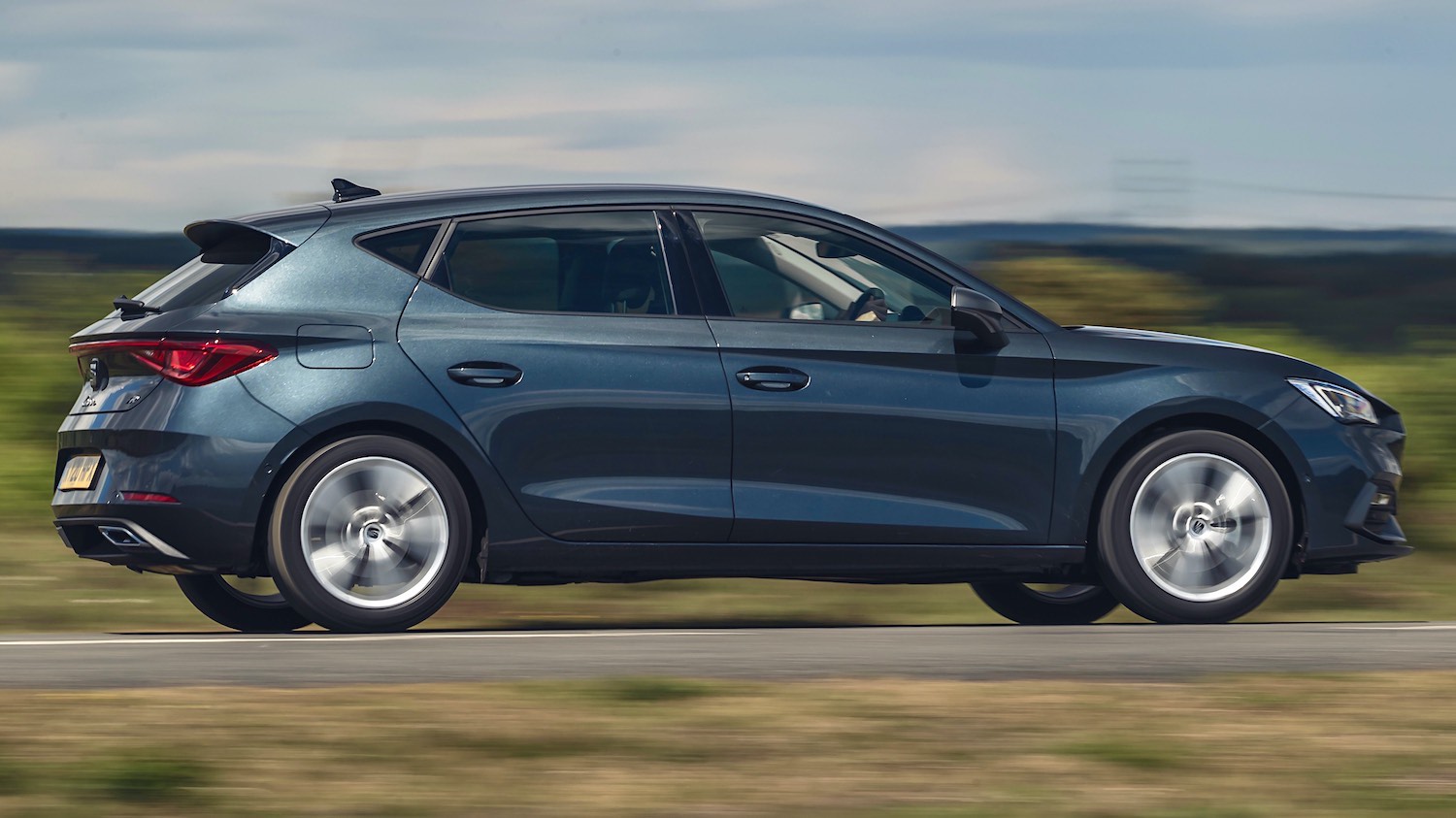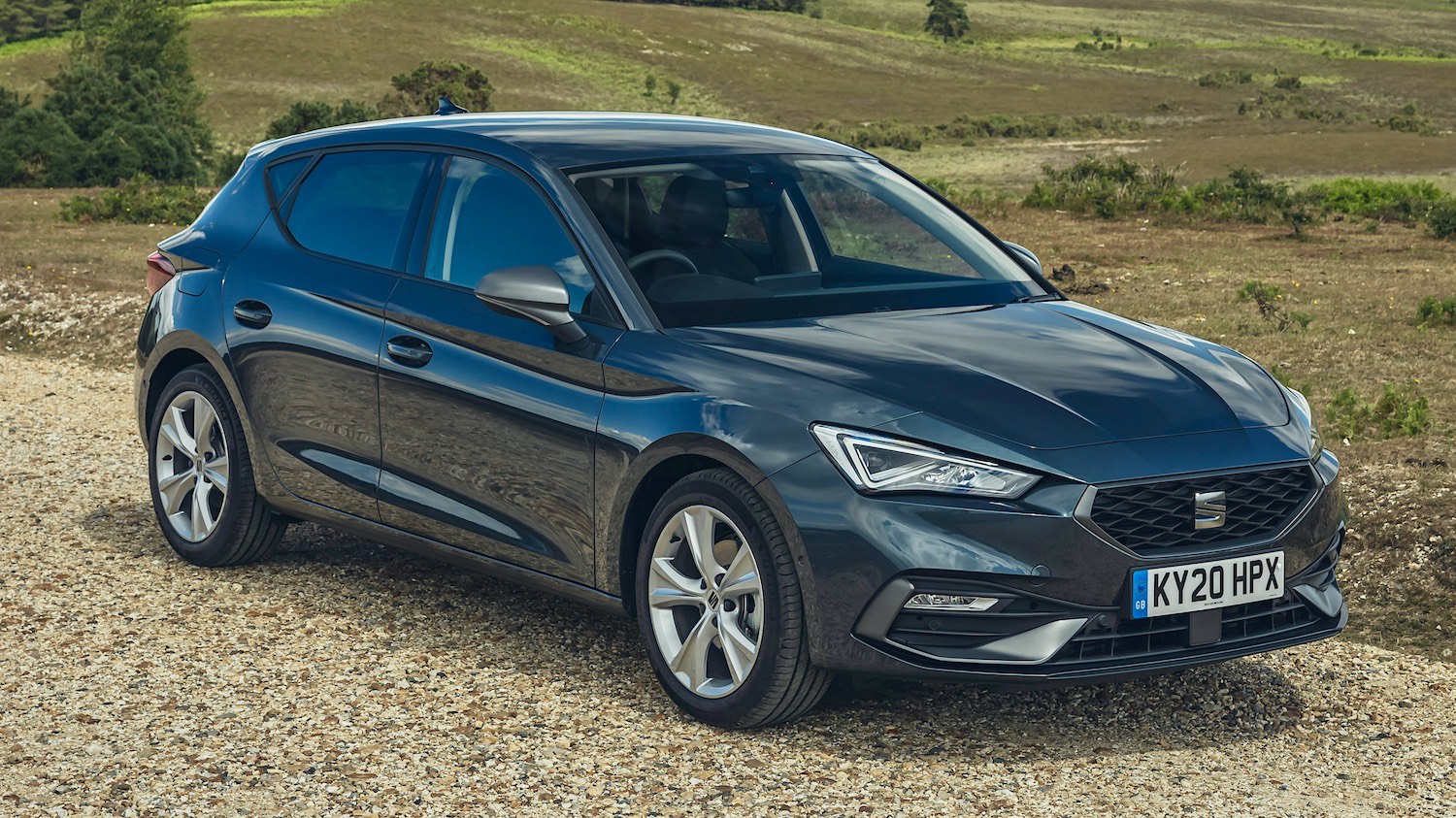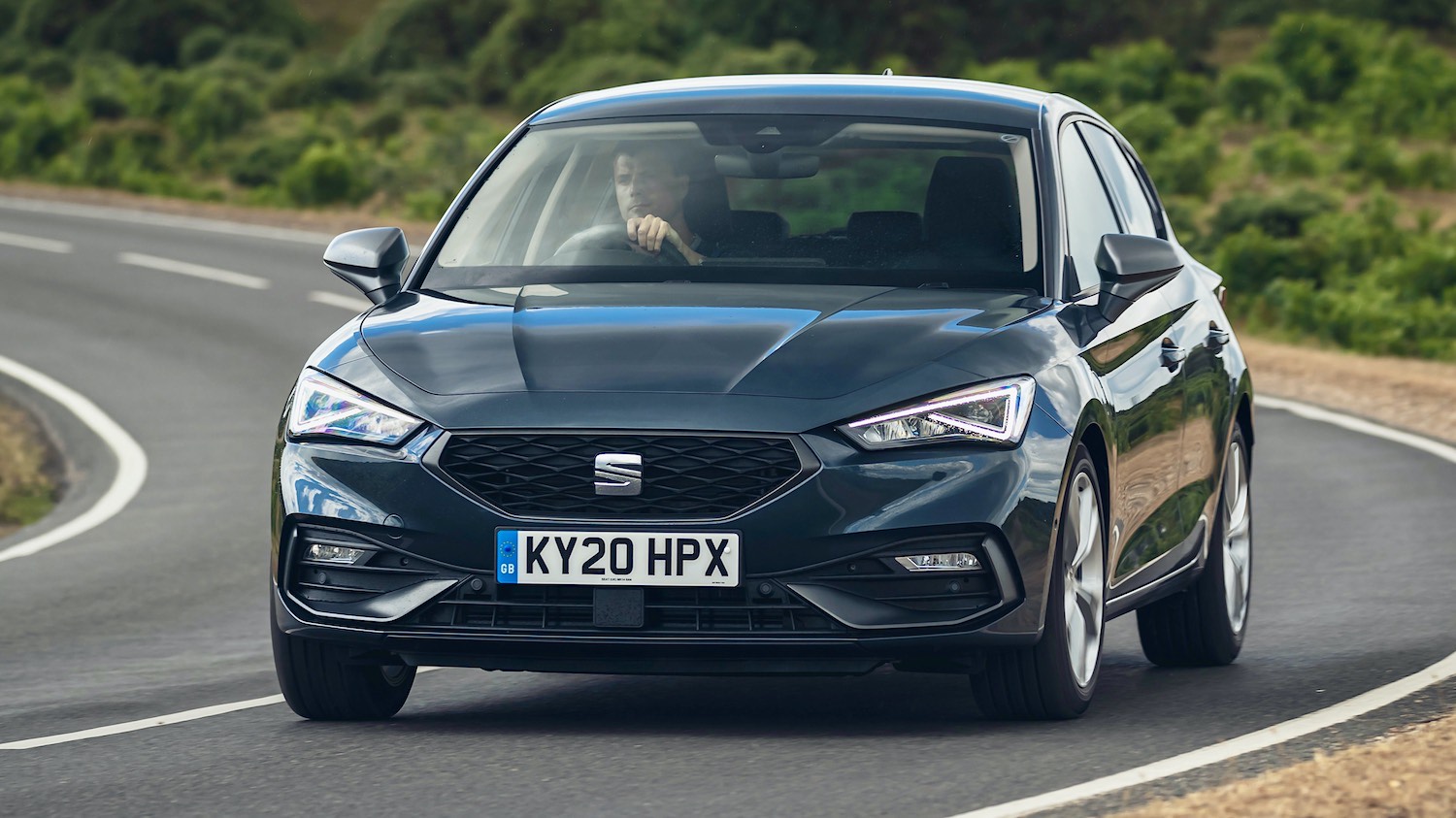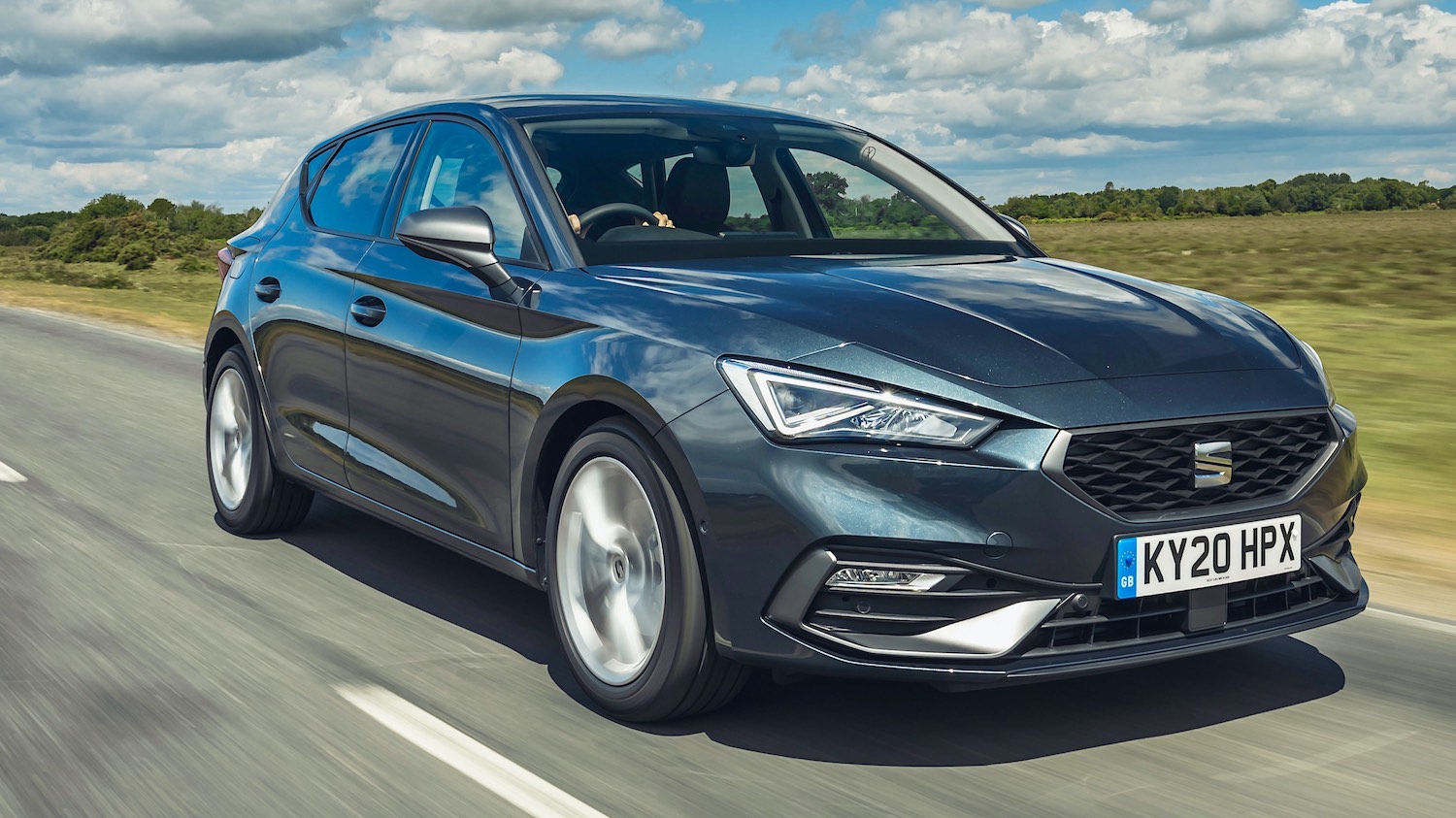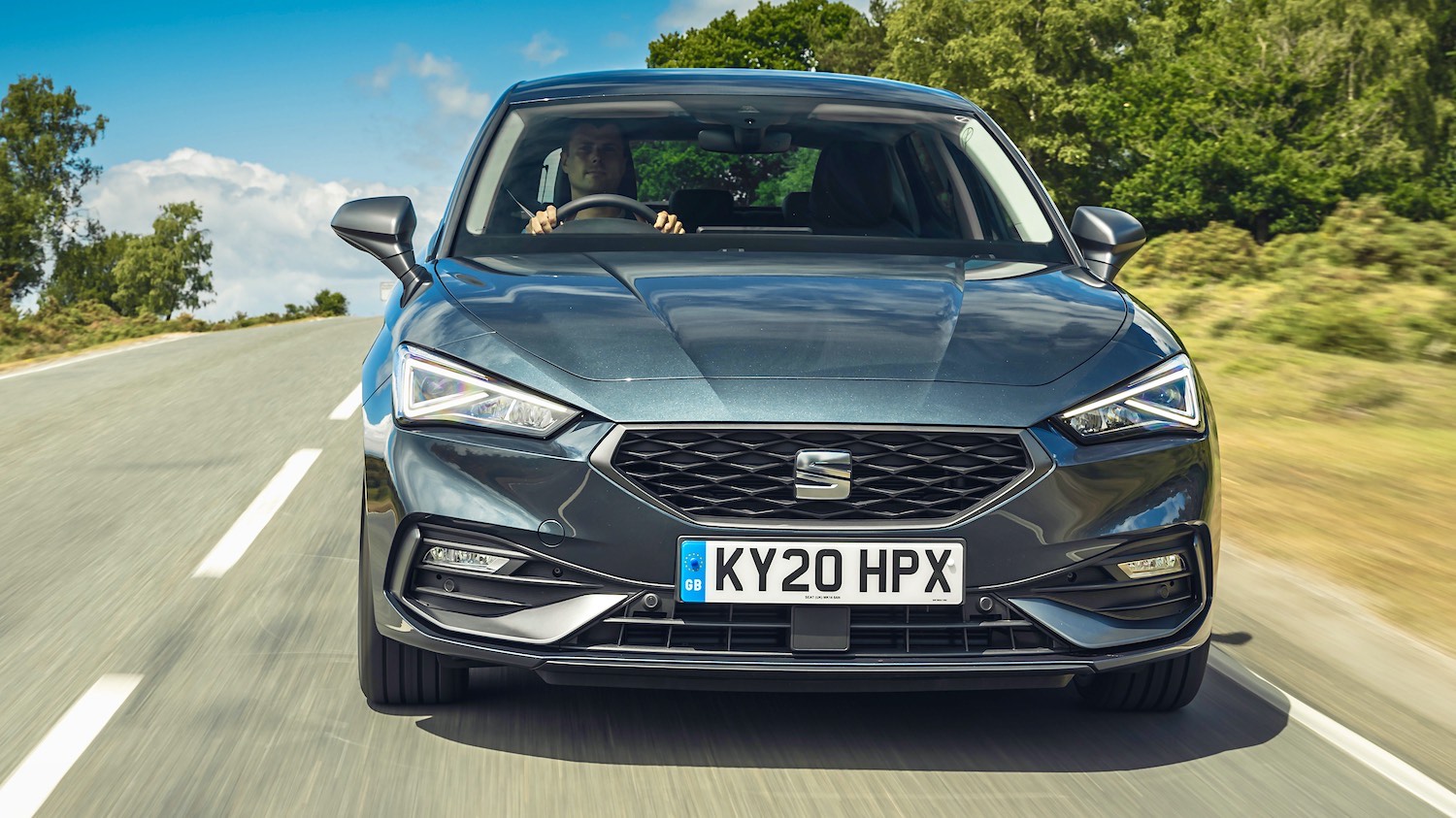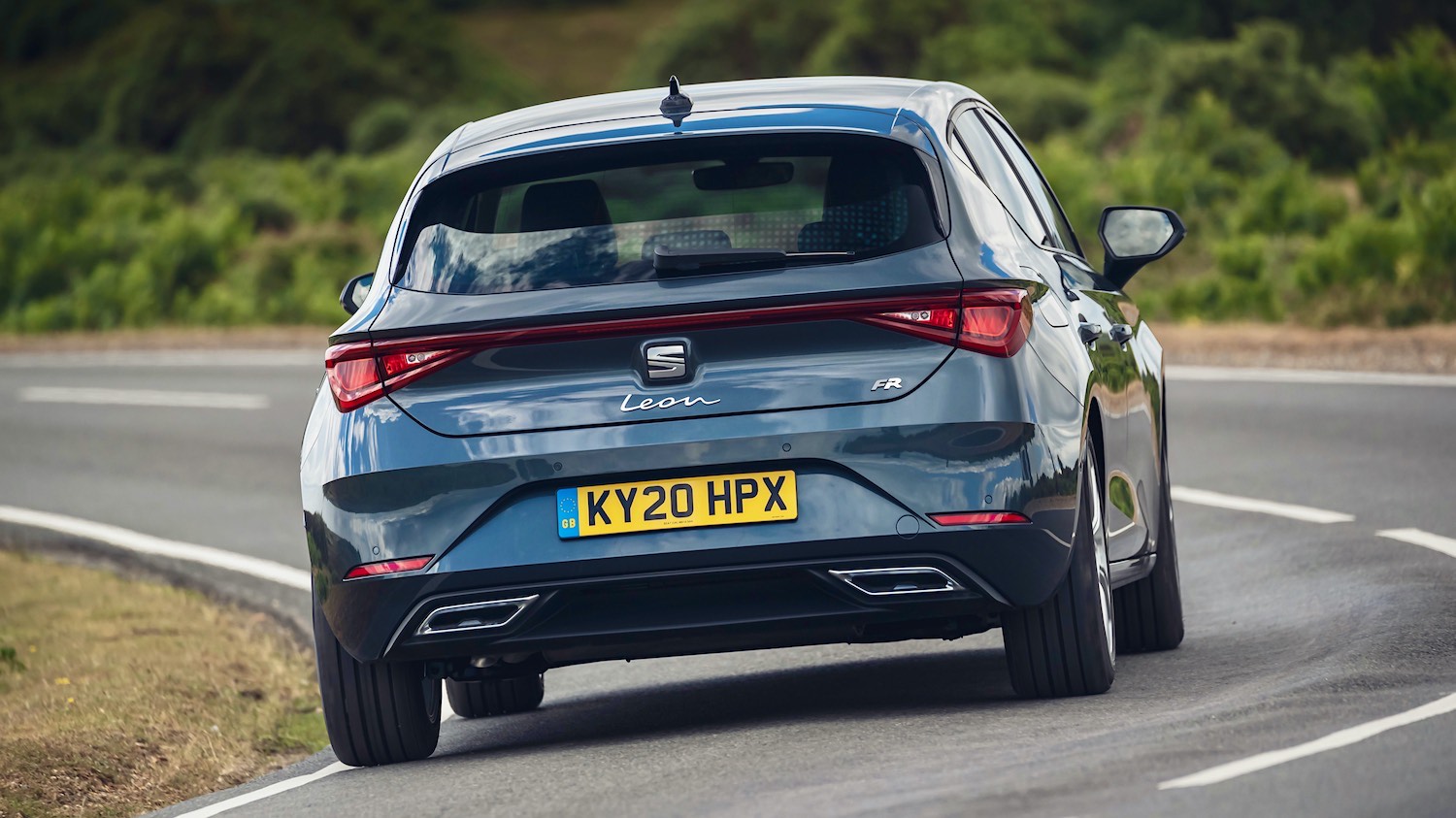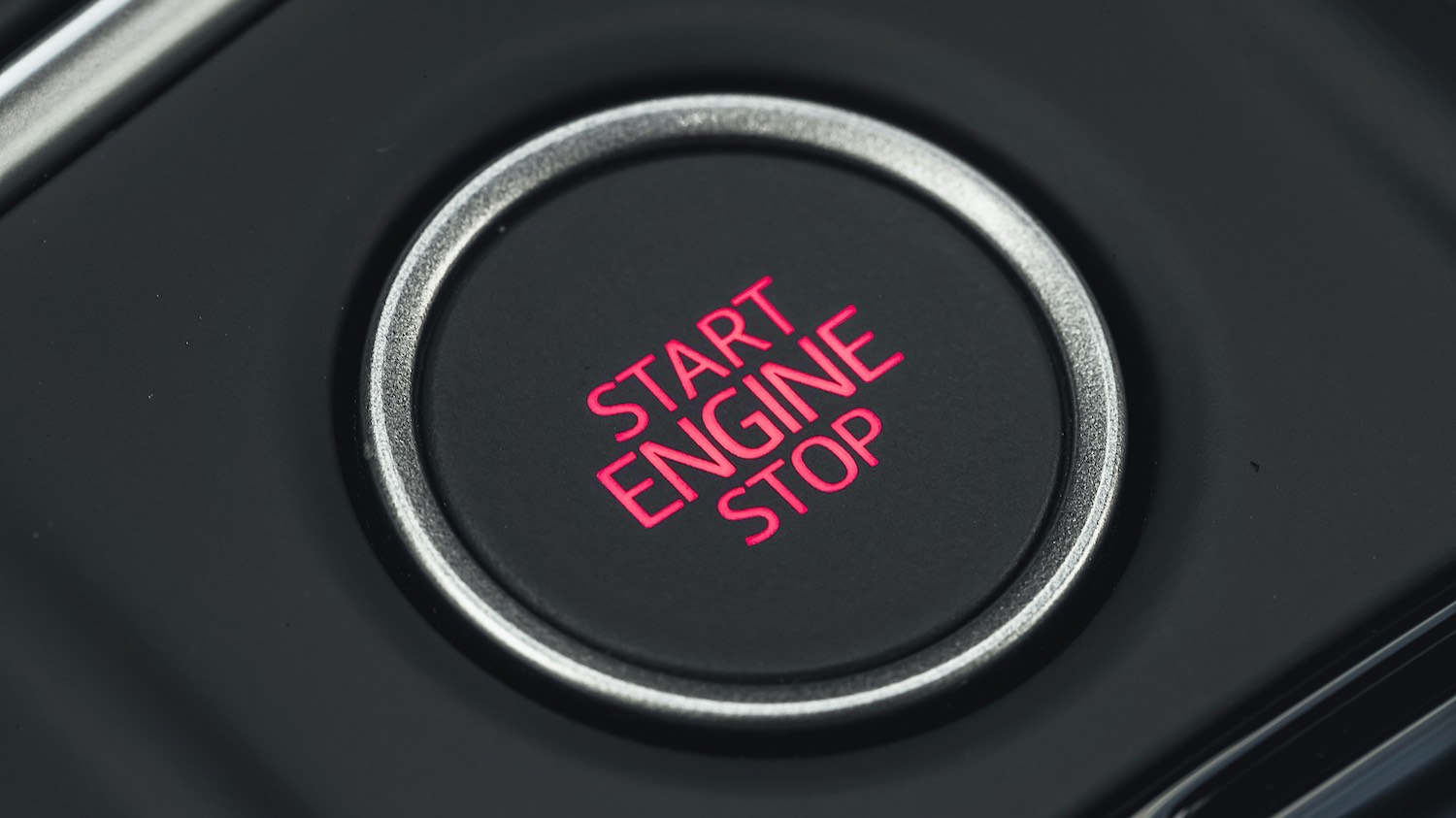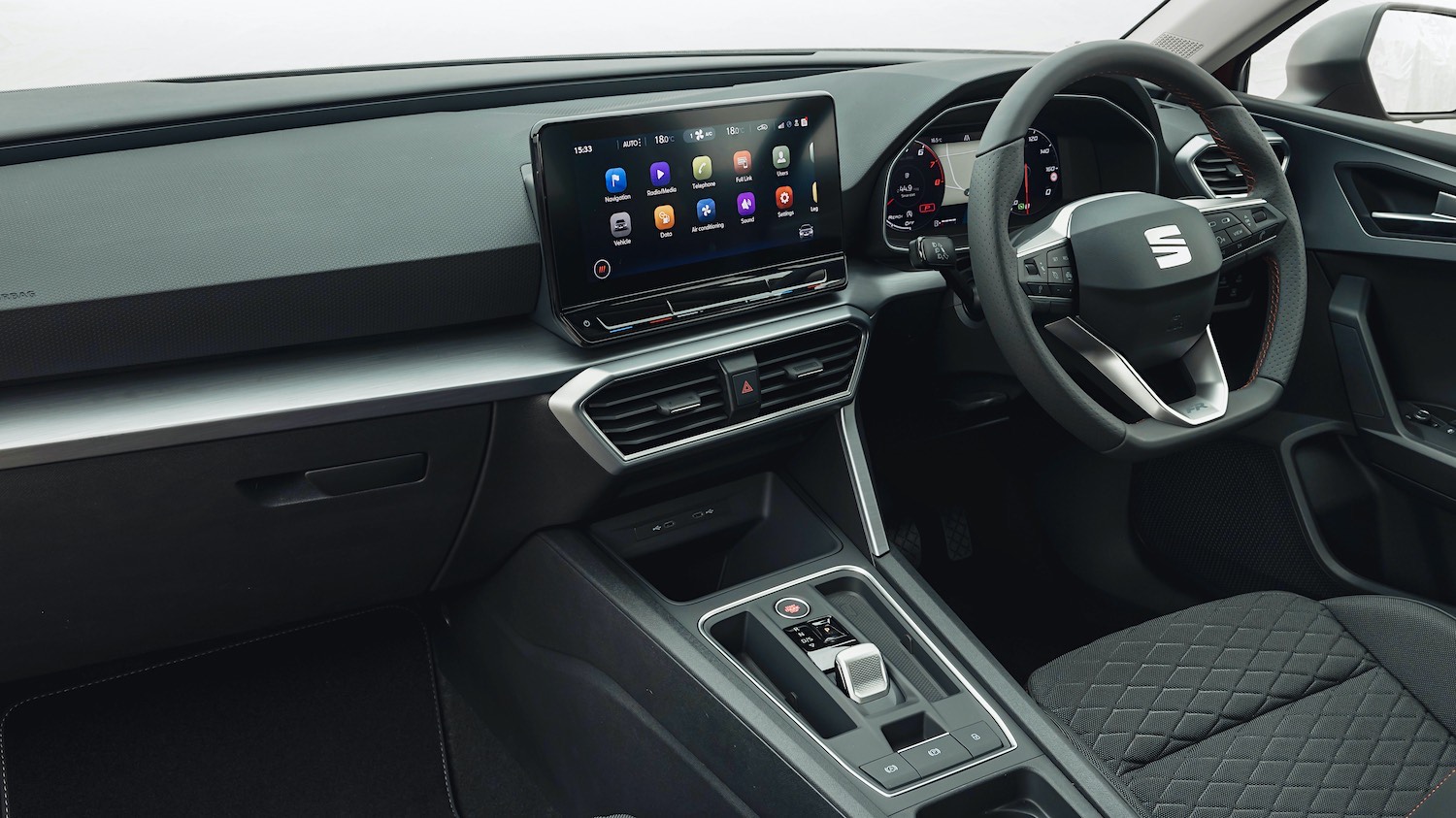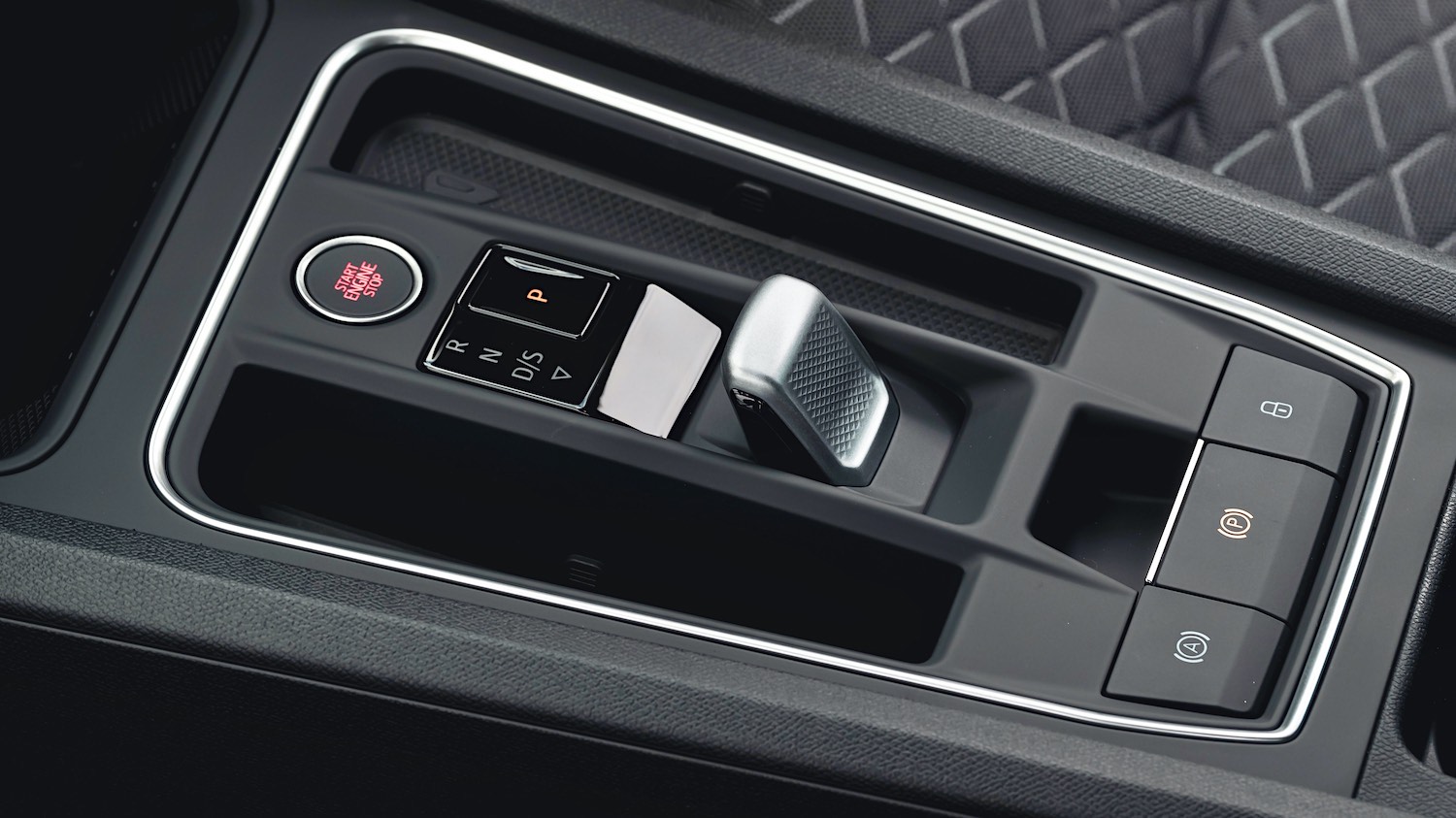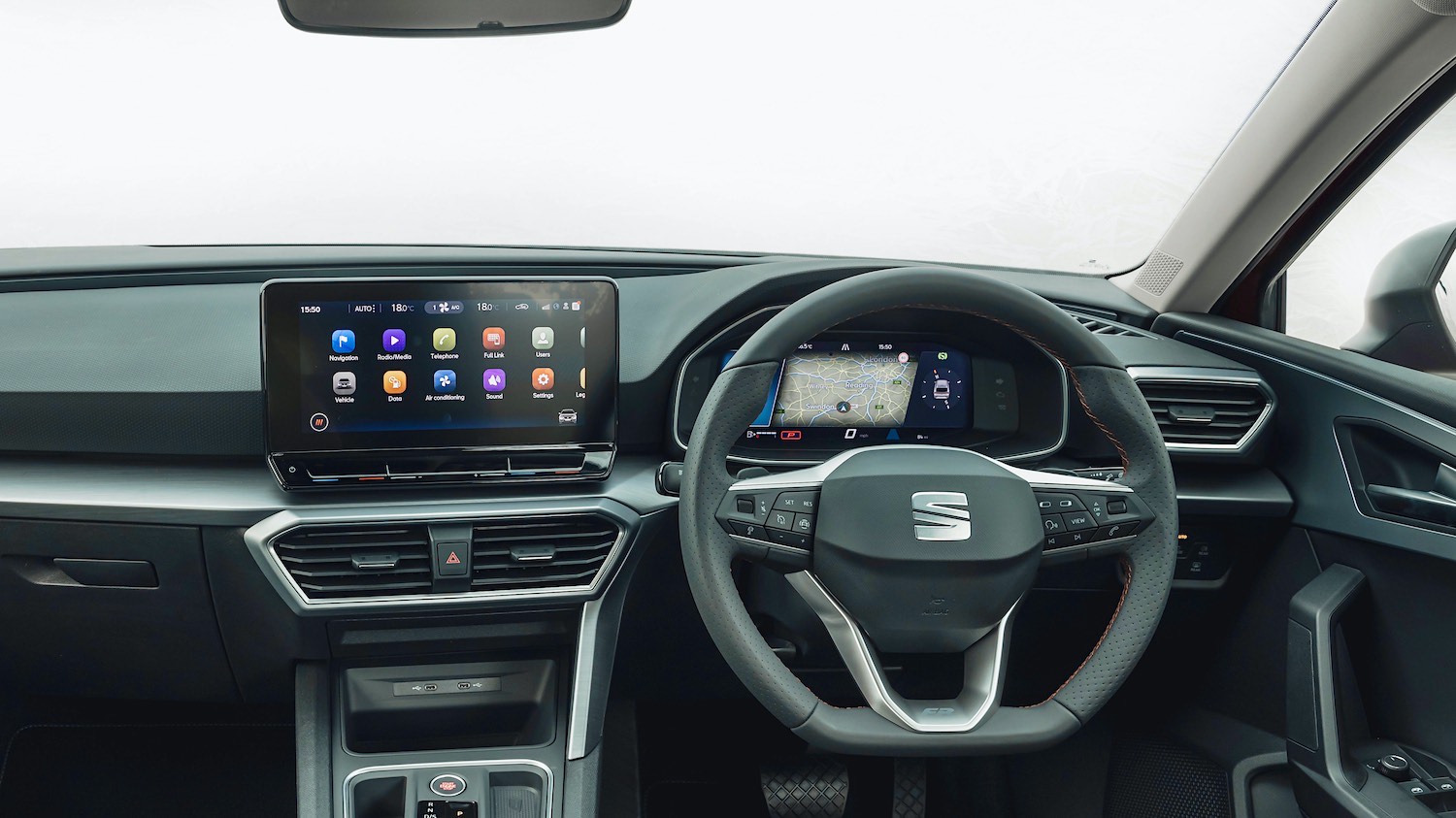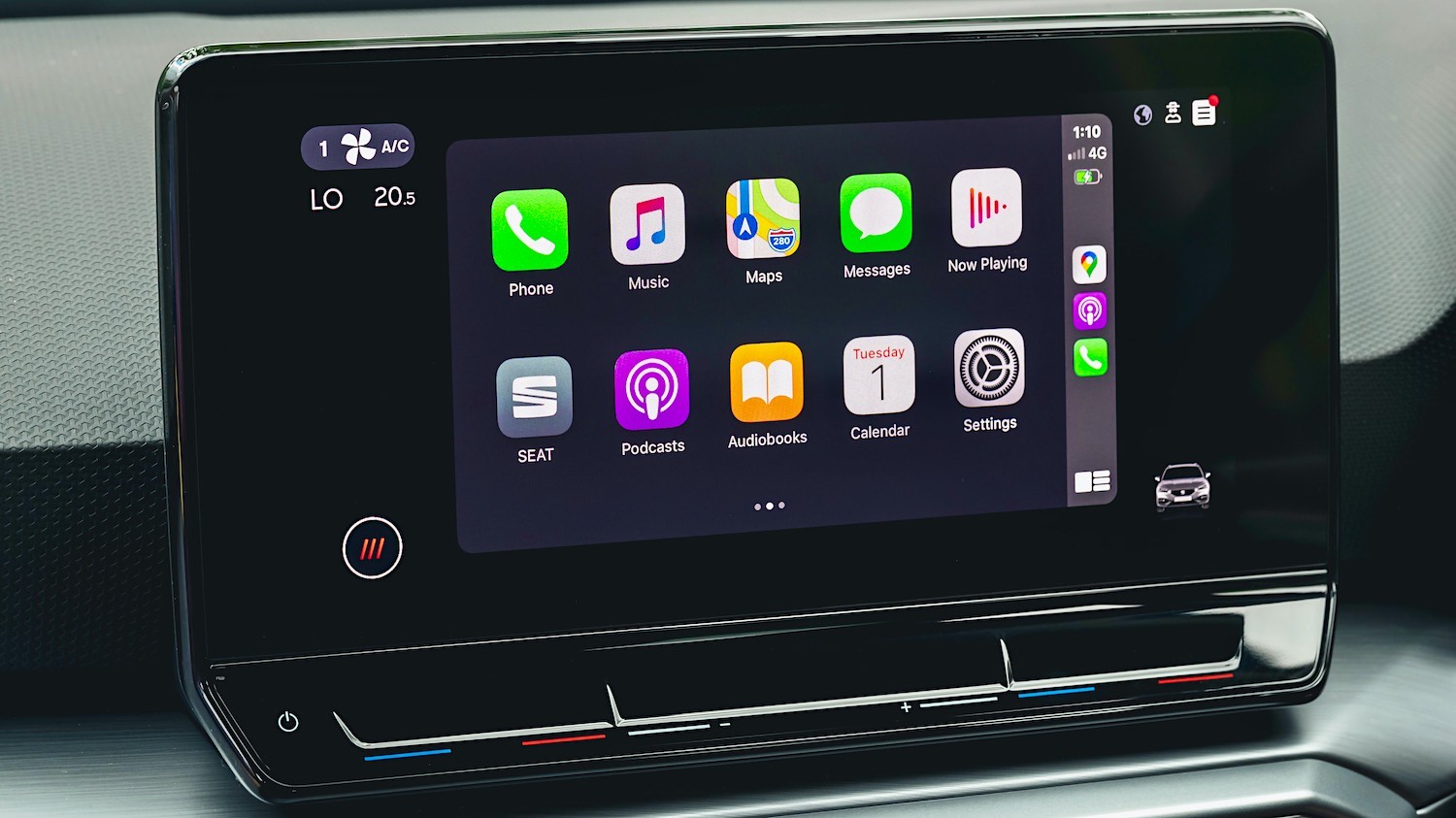The more time I spent with the Seat Leon e-Hybrid FR, the more I liked it. However, this isn’t the usual story with test cars.
However, with this Leon, the relationship began with me in a state not far short of indifference towards the car and ended with me wanting it to stay for a little longer.
It’s not much to look at – that much has to be conceded. As yet another variant built on the Volkswagen Group’s MQB platform, this five-door hatchback could carry pretty much any manufacturer’s badge and you wouldn’t know the difference. There’s a purposeful tautness about its lines that suggests a higher performance than you might normally expect in the Focus class, but you certainly wouldn’t stop in the street and turn your head to watch it go by.
The interior design is neat, nifty, spare and completely inoffensive. Boot space is restricted because of the battery beneath the floor, but I still managed to lug a load of roofing materials to the dump with the rear row of seats folded. However, trying to find radio stations through the infotainment system was a process so profoundly counter-intuitive that it drove me up the wall – but I imagine you would get the hang of it in a year or two.
Out on the road, however, the Seat Leon deliver a far more distinctive account of itself.
The combination of its 12.8kWh battery and 1.4-litre petrol engine produces 201 bhp, which is close to my idea of perfection for a medium-weight car. Resulting performance figures of 0-60 mph in a shade over seven seconds and a top speed of 140 mph confirm that this set-up brings you closer to the category of a hot hatch than a family bus.
Handling and road holding aren’t marred at all by the extra weight of the battery. If anything, it adds a stronger sense of security and bottom to a bearing which is already lithe and sharp. The more I drove it, the more I enjoyed myself.
Seat claim a 40-mile all-electric range, but my own was way less than that. Average petrol consumption was 41.5mpg. CO2 figure is 27g/km, which would make this an attractive proposition as a company car. The all-in price of my top-of-the-range model was £31000, which is right in the average range for PHEVs of this class.
However, the difference between the Leon and most of the rest is that I would gladly keep it for another week. Or even a year, if you twist my arm.

Neil Lyndon
Motoring Correspondent
Neil Lyndon has been a journalist, broadcaster and writer on the UK’s national stage for 40 years, writing for every “quality” newspaper on Fleet Street. He started writing about cars and motorbikes for The Sunday Times in the 1980s and was Motoring Correspondent of the Sunday Telegraph for 20 years, having previously written a column on motorbikes for Esquire. He is also recognised as a leading commentator on gender politics, having published No More Sex War in 1992 – the first ever critique of feminism from a radical, egalitarian point of view.
Recent Reviews
The latest cars, suvs and crossovers reviewed by our experienced journalists.
Mazda MX-30 R-EV 170 ps Makoto Reviewed
Stand out from the crowd with the intriguing Mazda MX-30 R-EV 170 ps, that’s now become better value Car Reviewed: Mazda MX-30 R-EV 170 ps MAKOTO SUVs these days seem much of a muchness, at a glance. You see so many around they tend to become a bit of a blur after a while. Spoiler…
MAZDA MX-5 RF Exclusive-Line, better than ever
Thirty-five years later, the current Mazda MX-5 Mark 4 version has had a few upgrades Car Reviewed: 2024 Mazda MX-5 RF 2.0 Exclusive-Line The bottom line is that the MX-5 is as brilliant as ever. The version tested was the Exclusive-Line RF hard-top, powered by the 181 bhp, 2-litre, 4-cylinder engine. The 129 bhp, 1.5…
Read our review MAZDA MX-5 RF Exclusive-Line, better than ever
Kia EV9 ‘Air’ redefines eco-friendly luxury
KIA has turned the corner into a new market segment with its EV9 pure electric model Car Reviewed: Kia EV9 ‘Air’ Rwd 7-seats The EV9 seven-seater launches in three trim levels and an additional range-topping six-seat option from £65,025 to £78,775 in rear-wheel drive or all-wheel-drive configurations depending on trim with 200bhp single or 378bhp…
